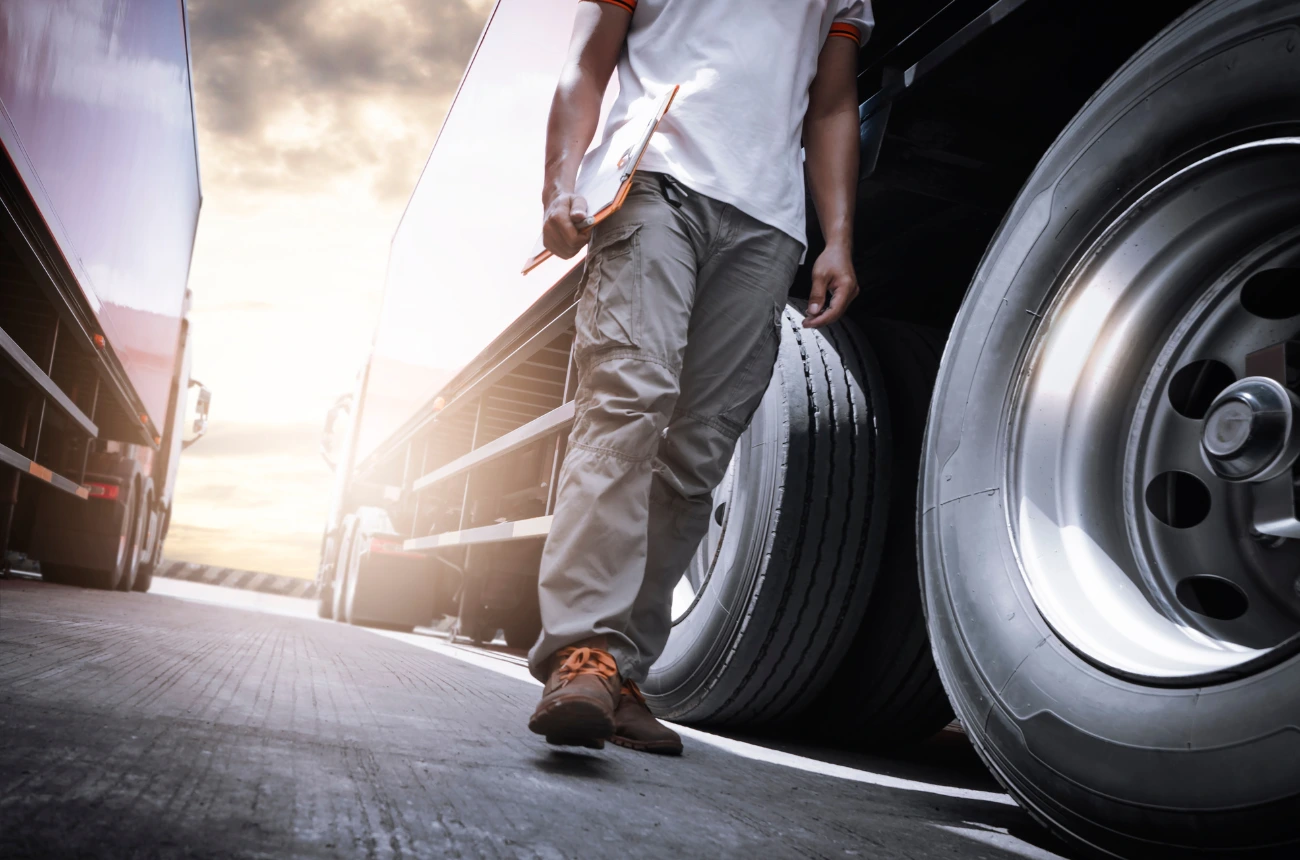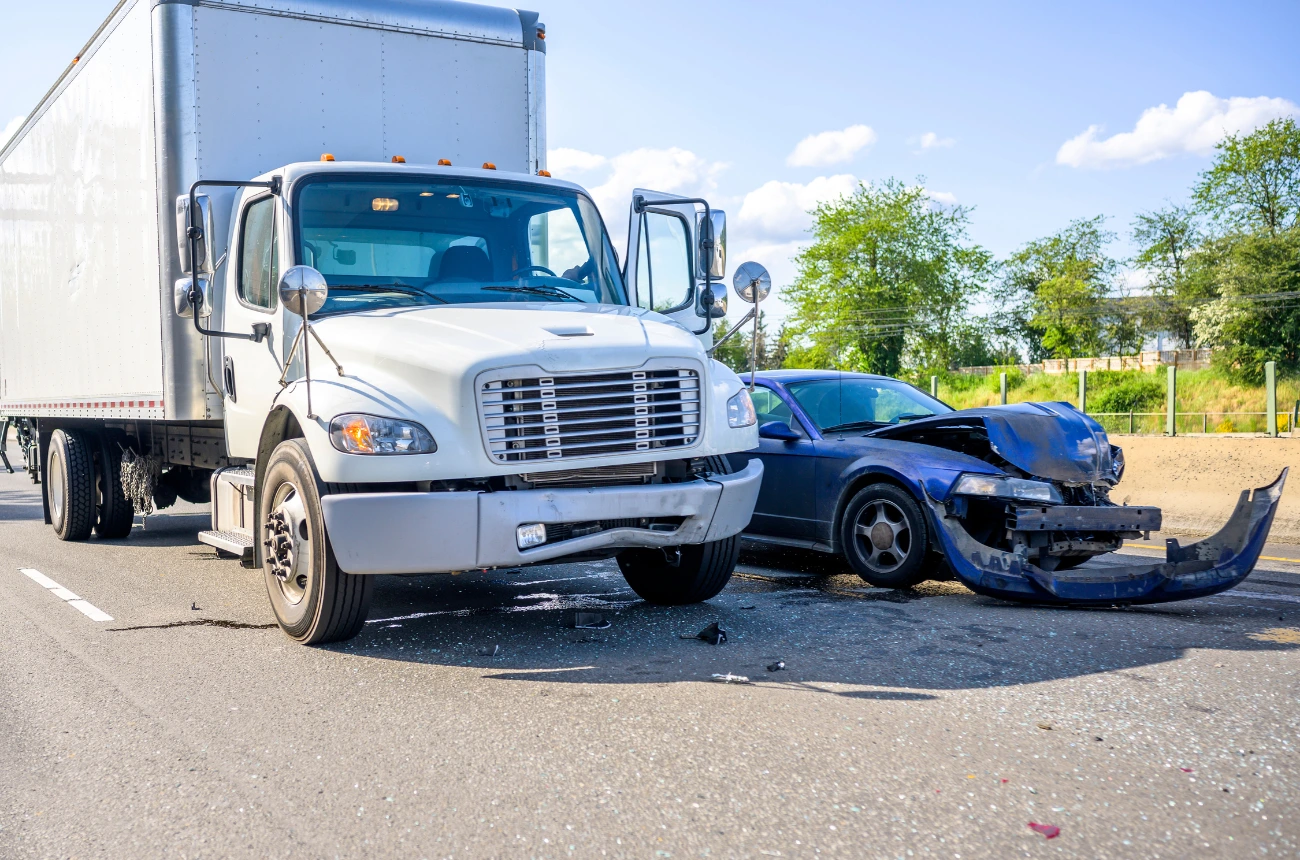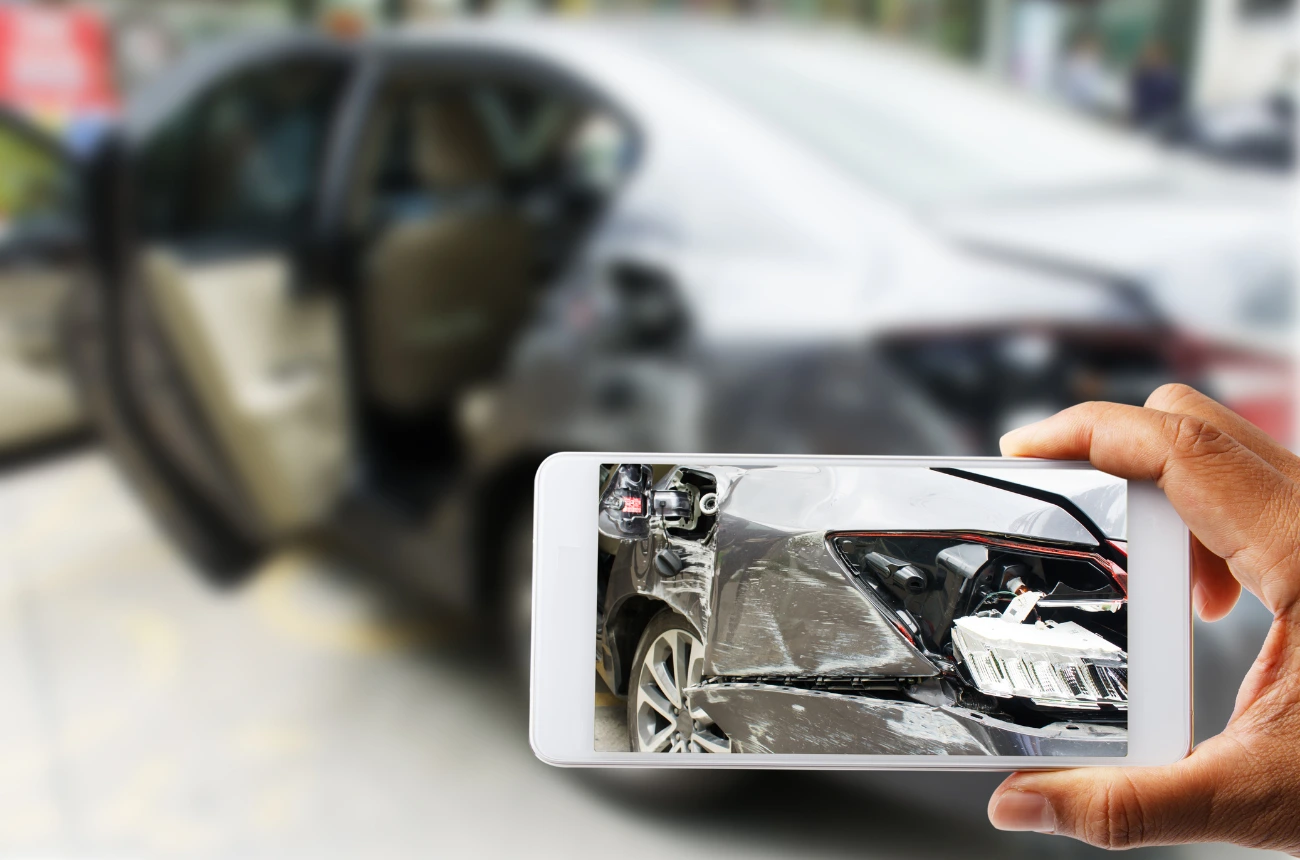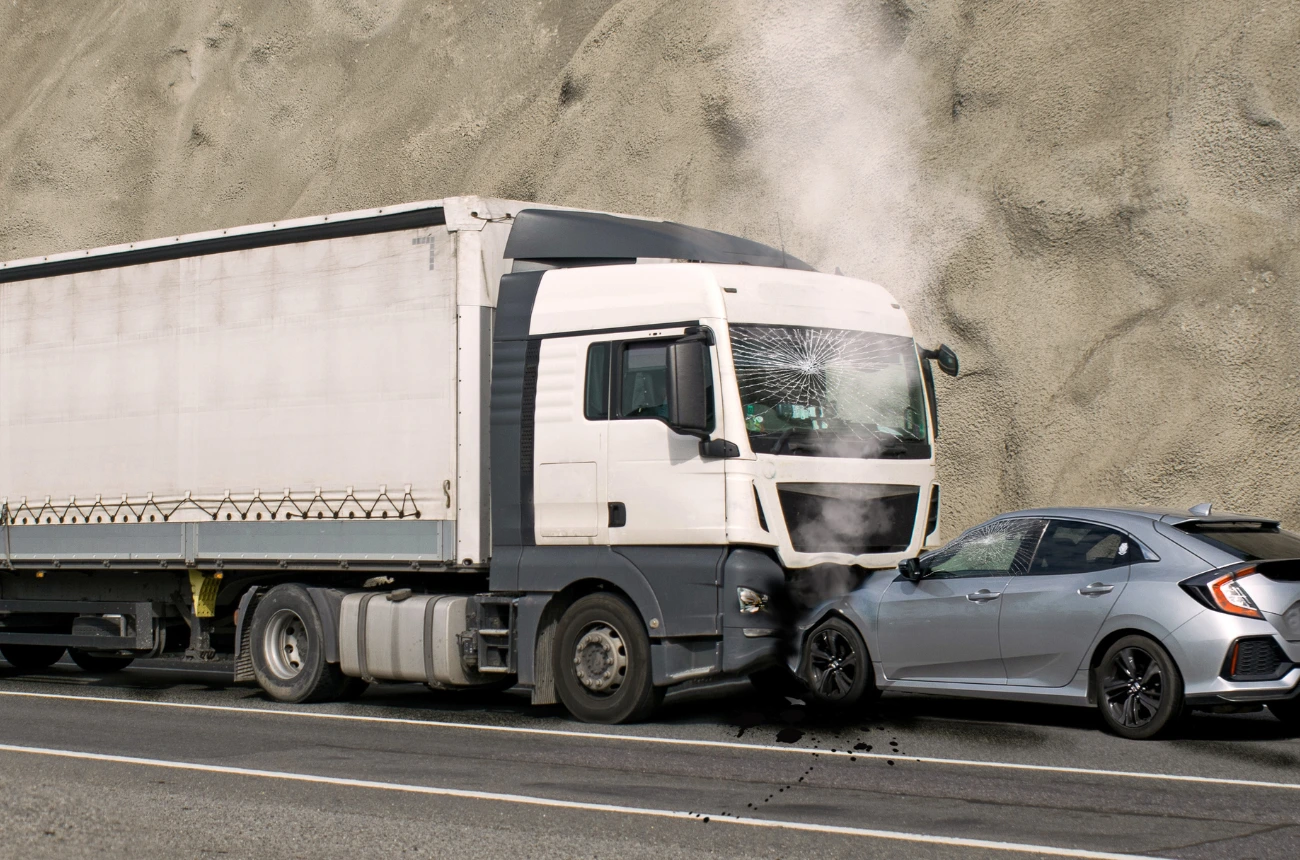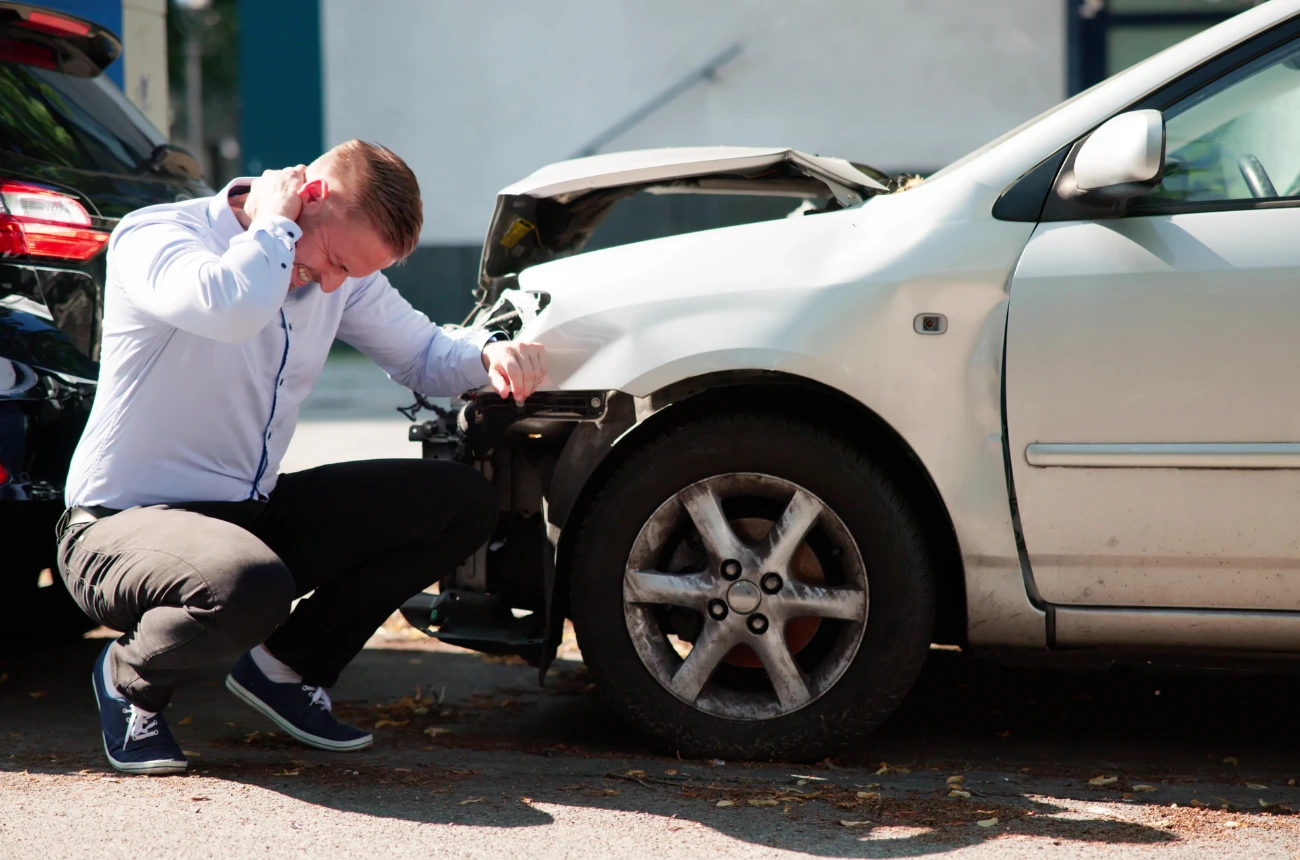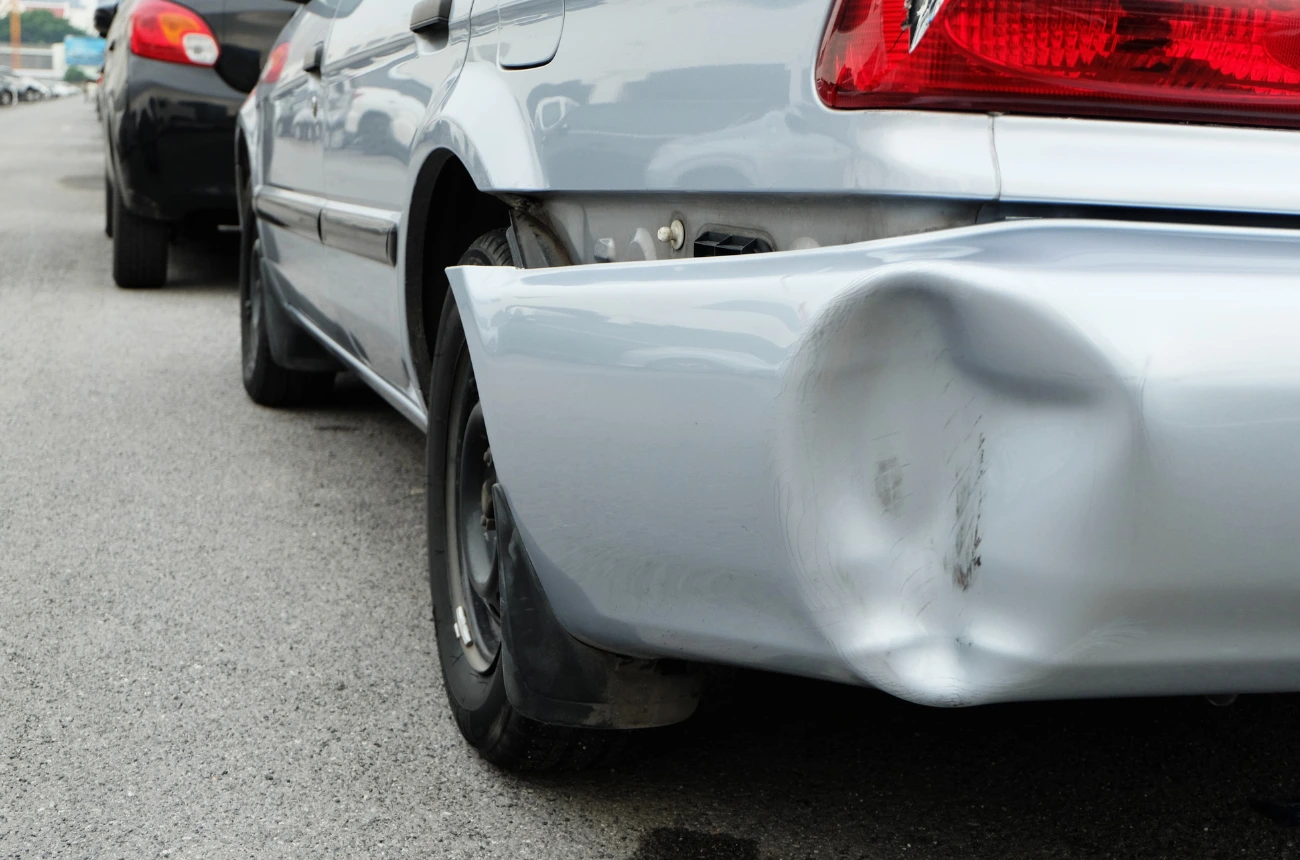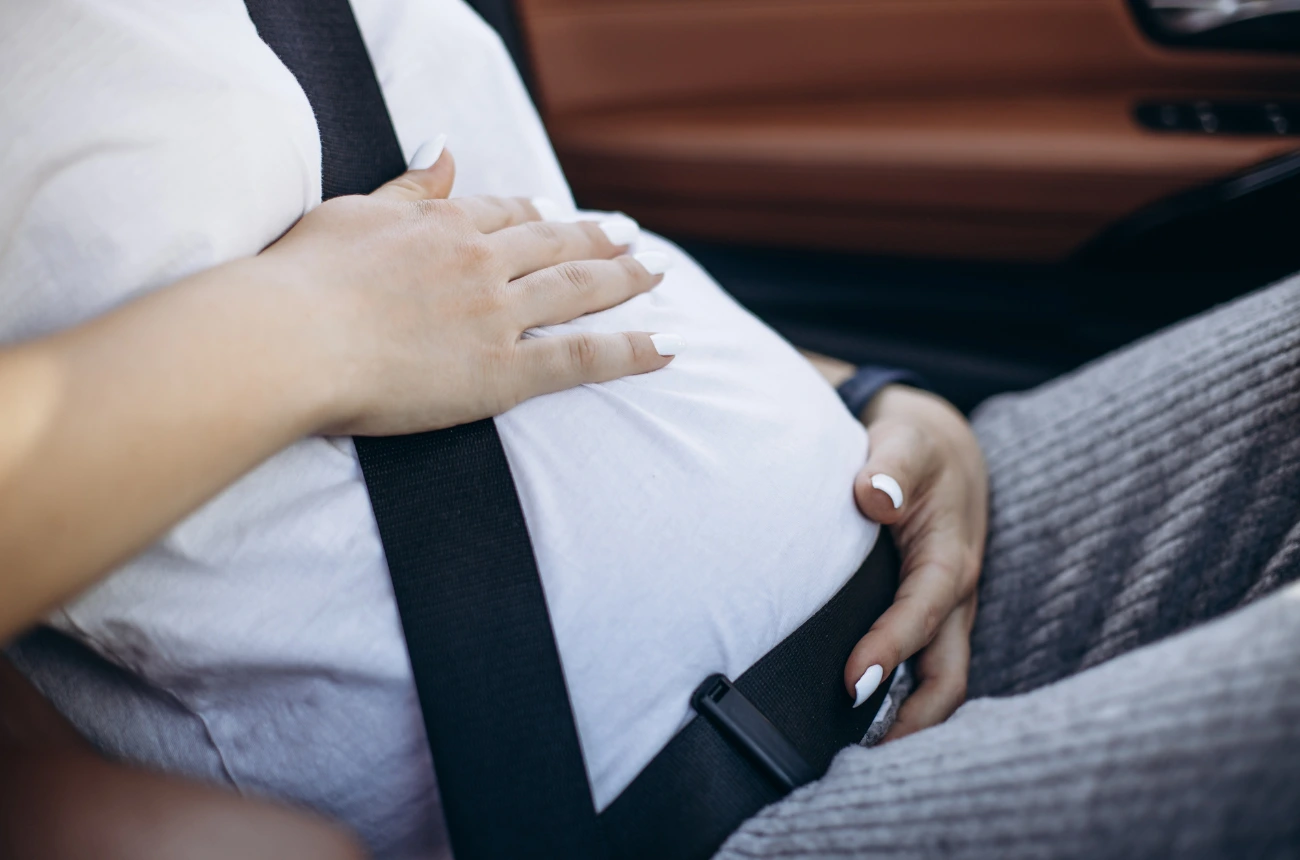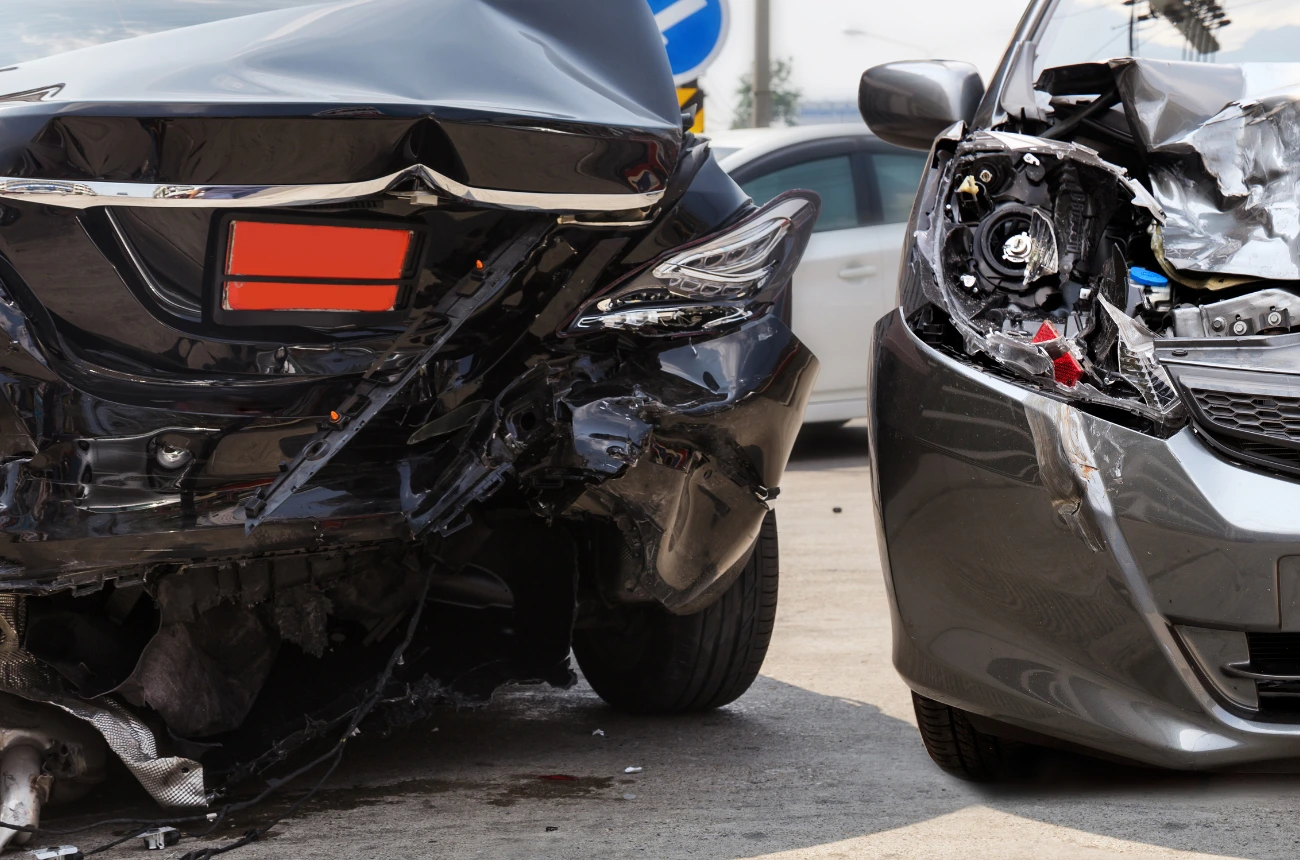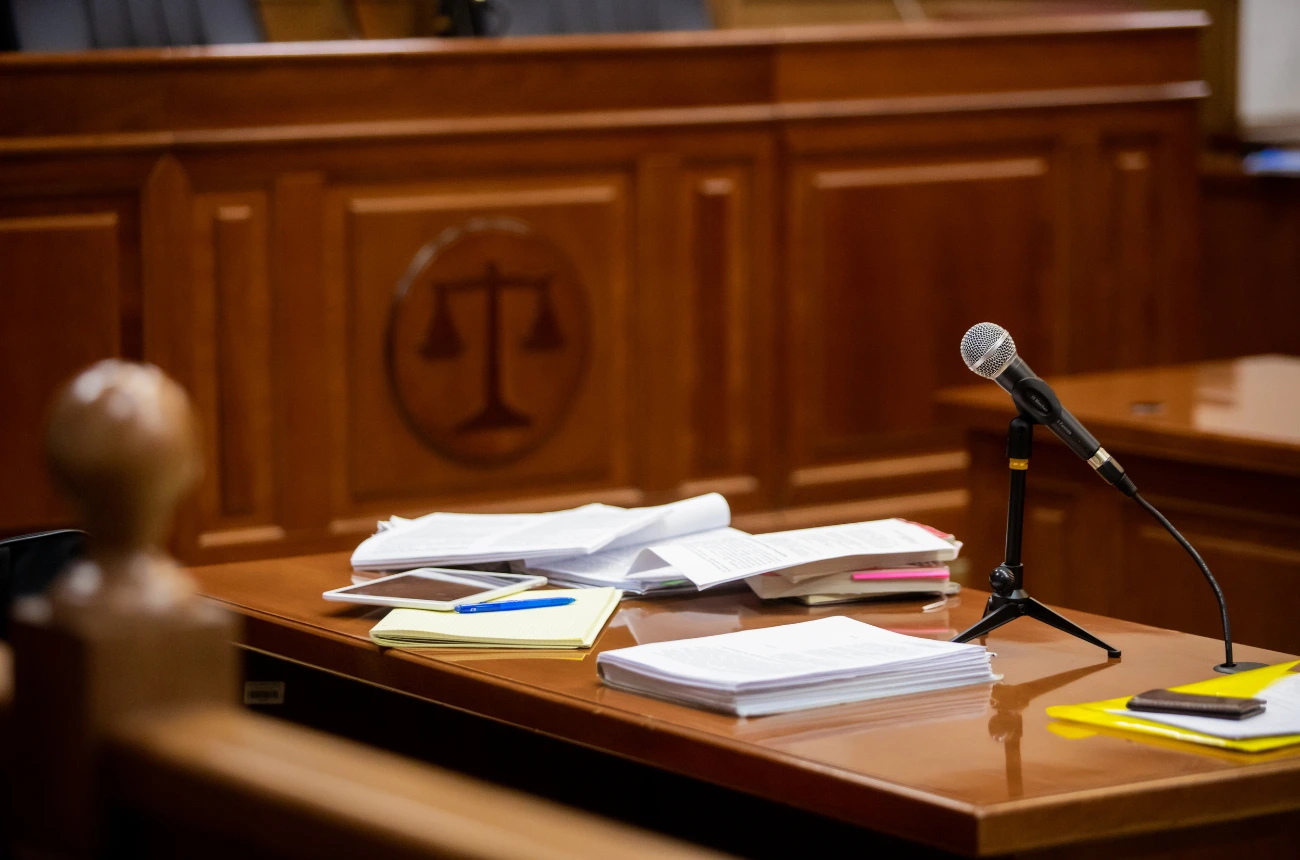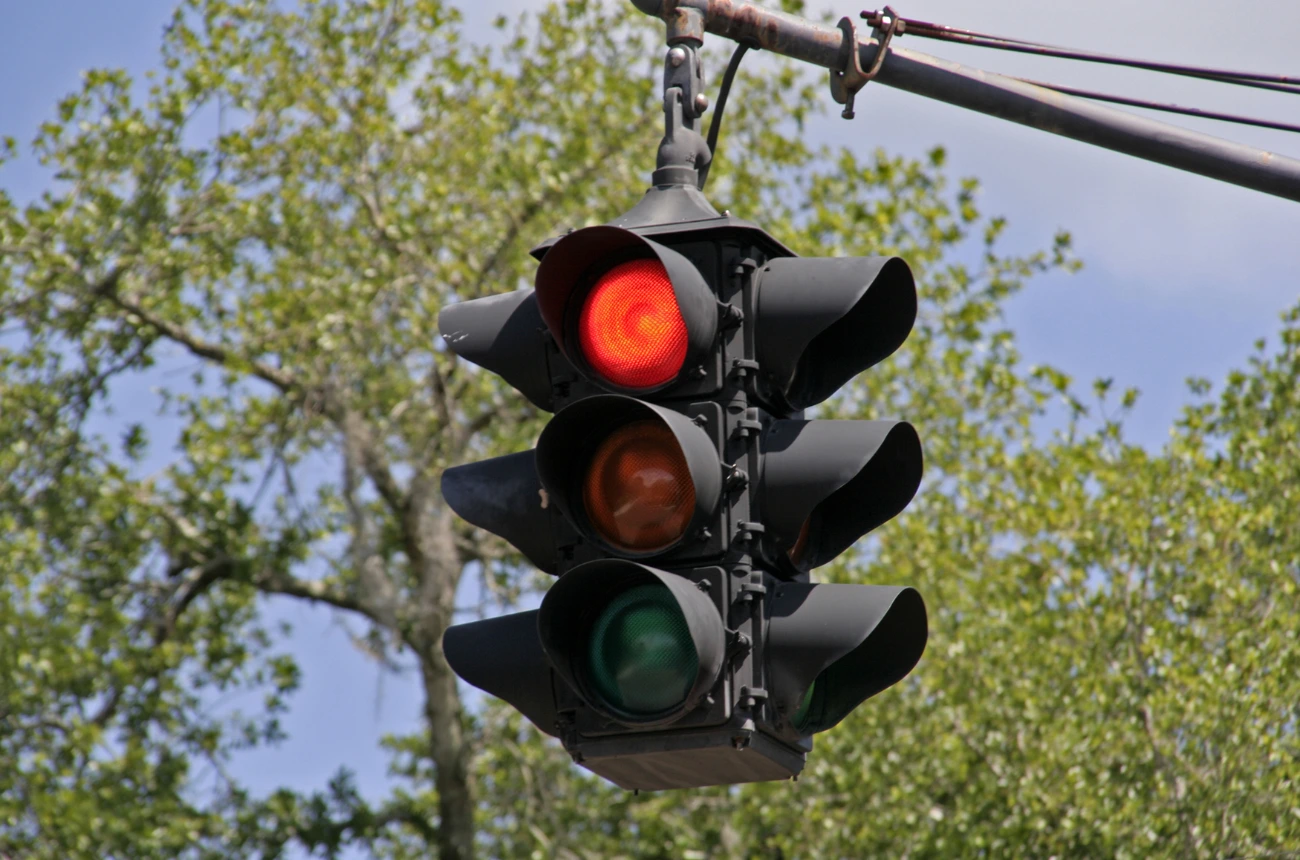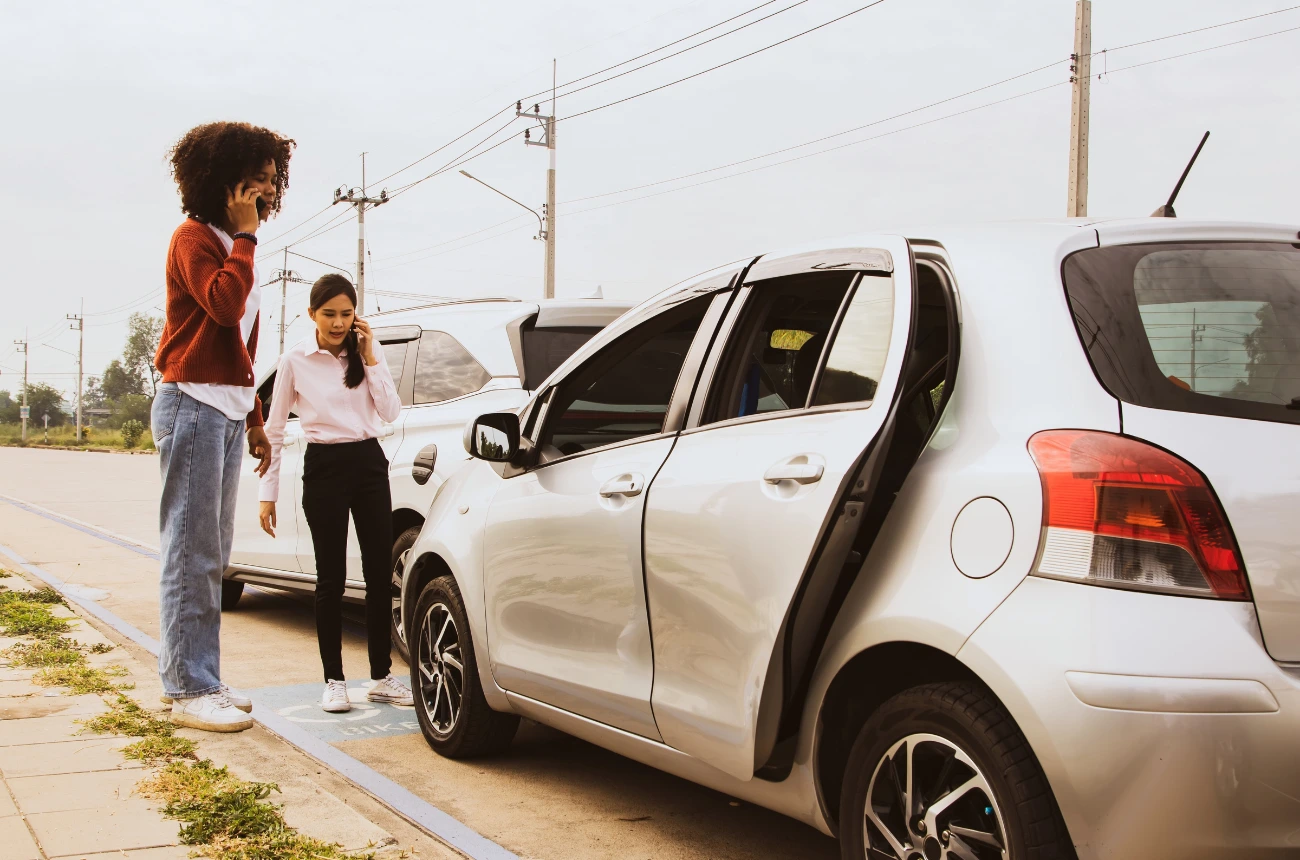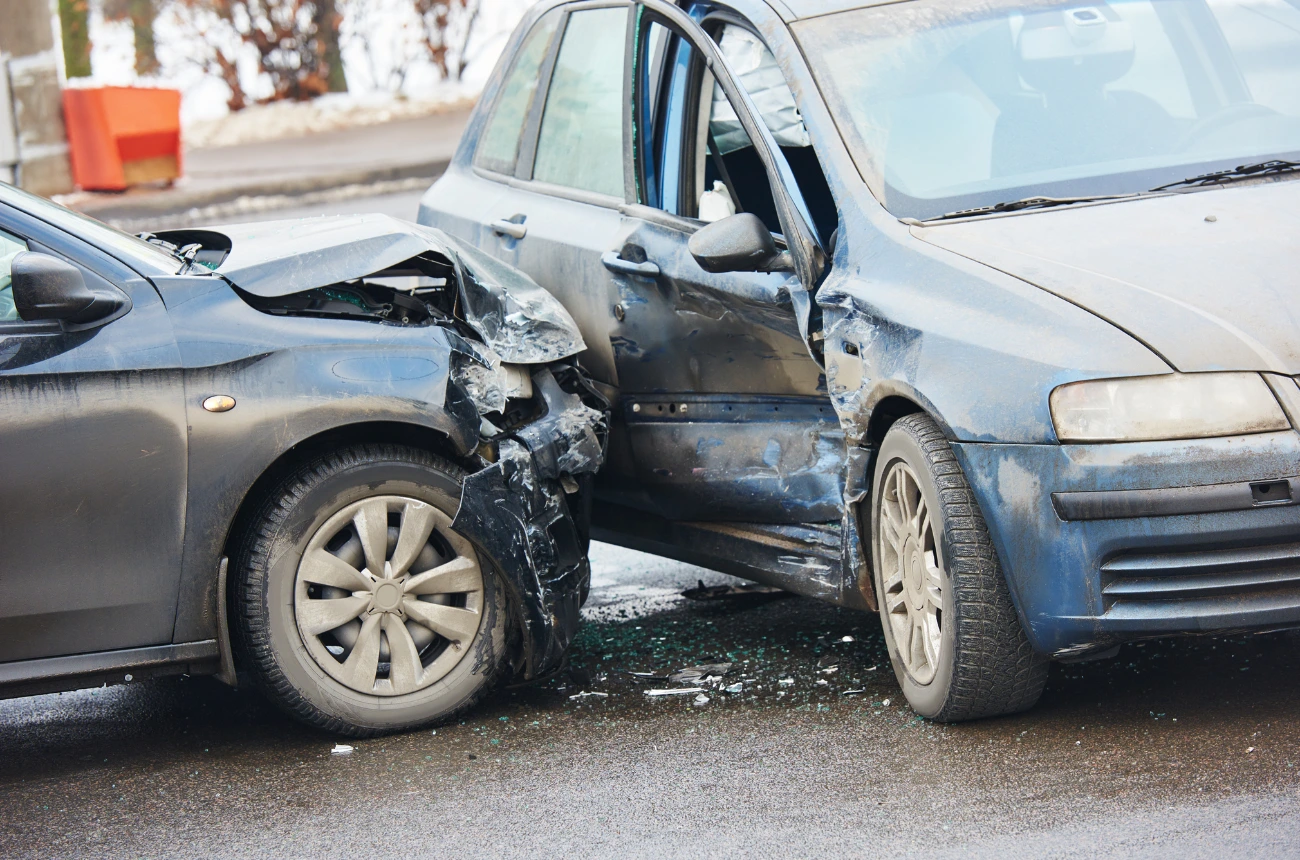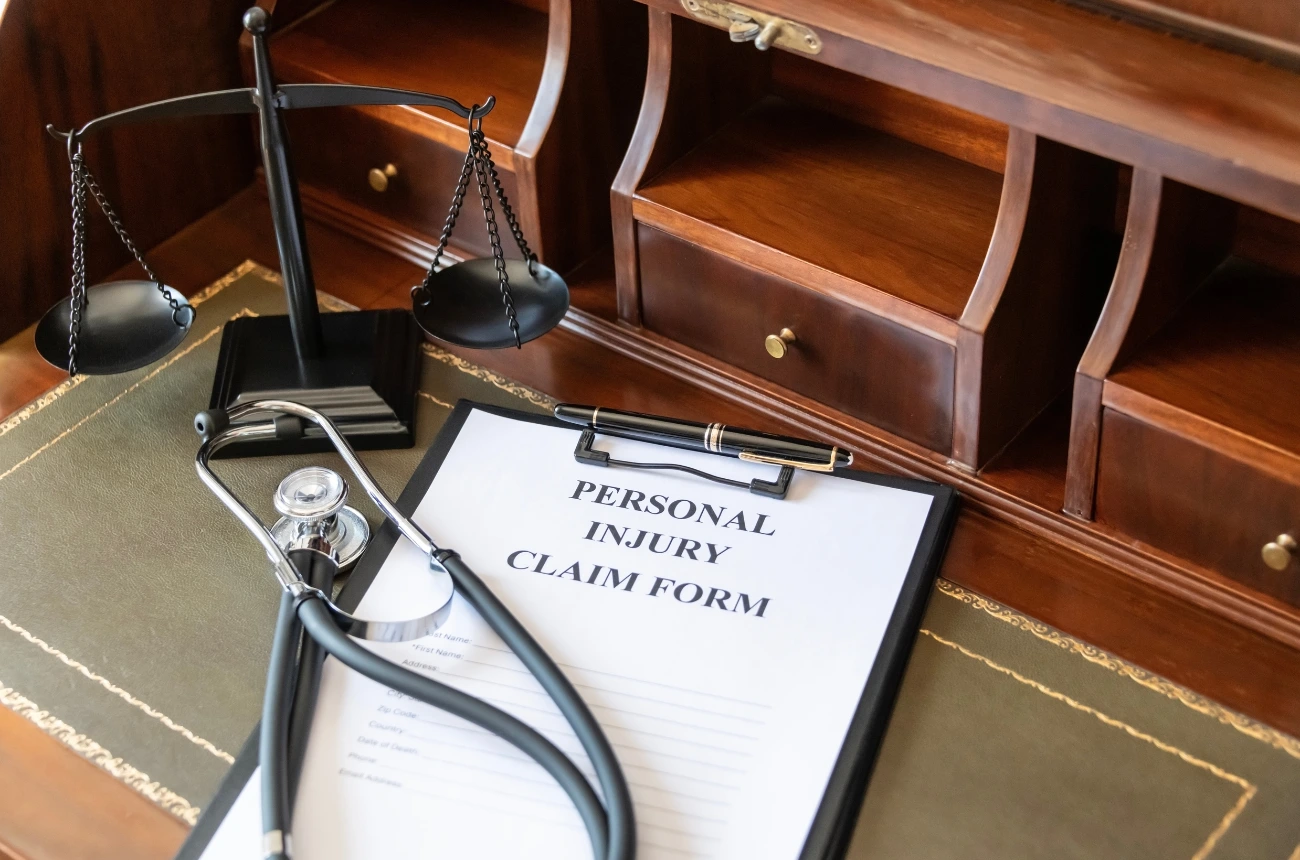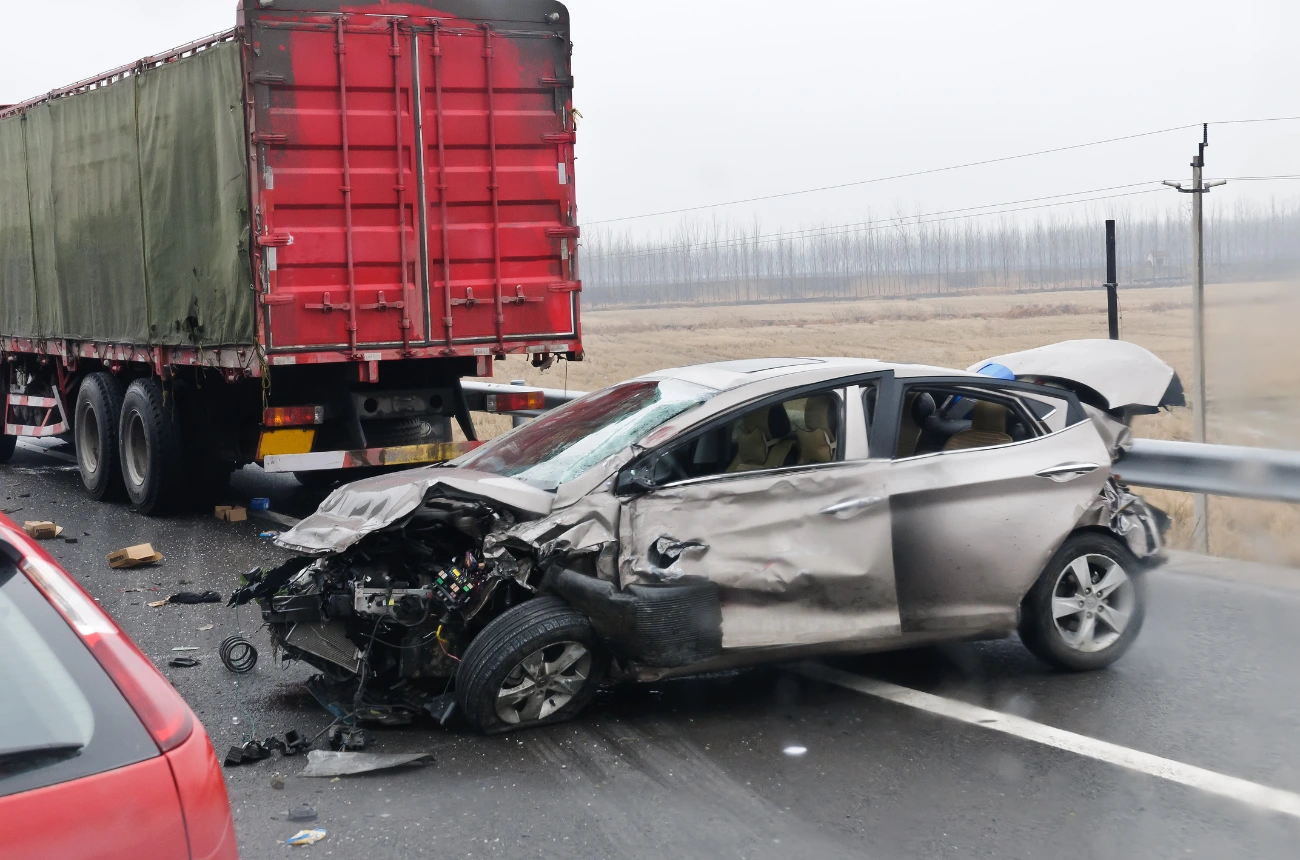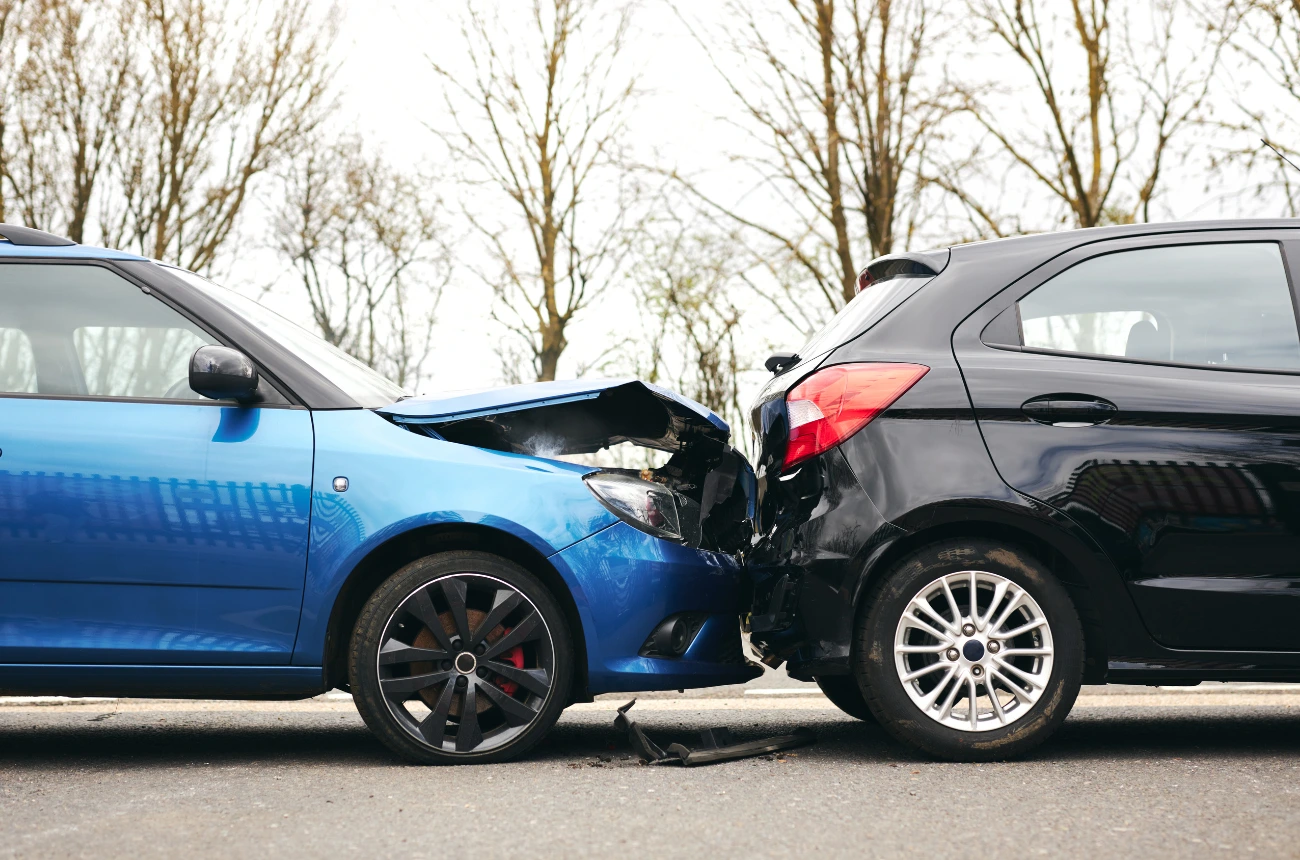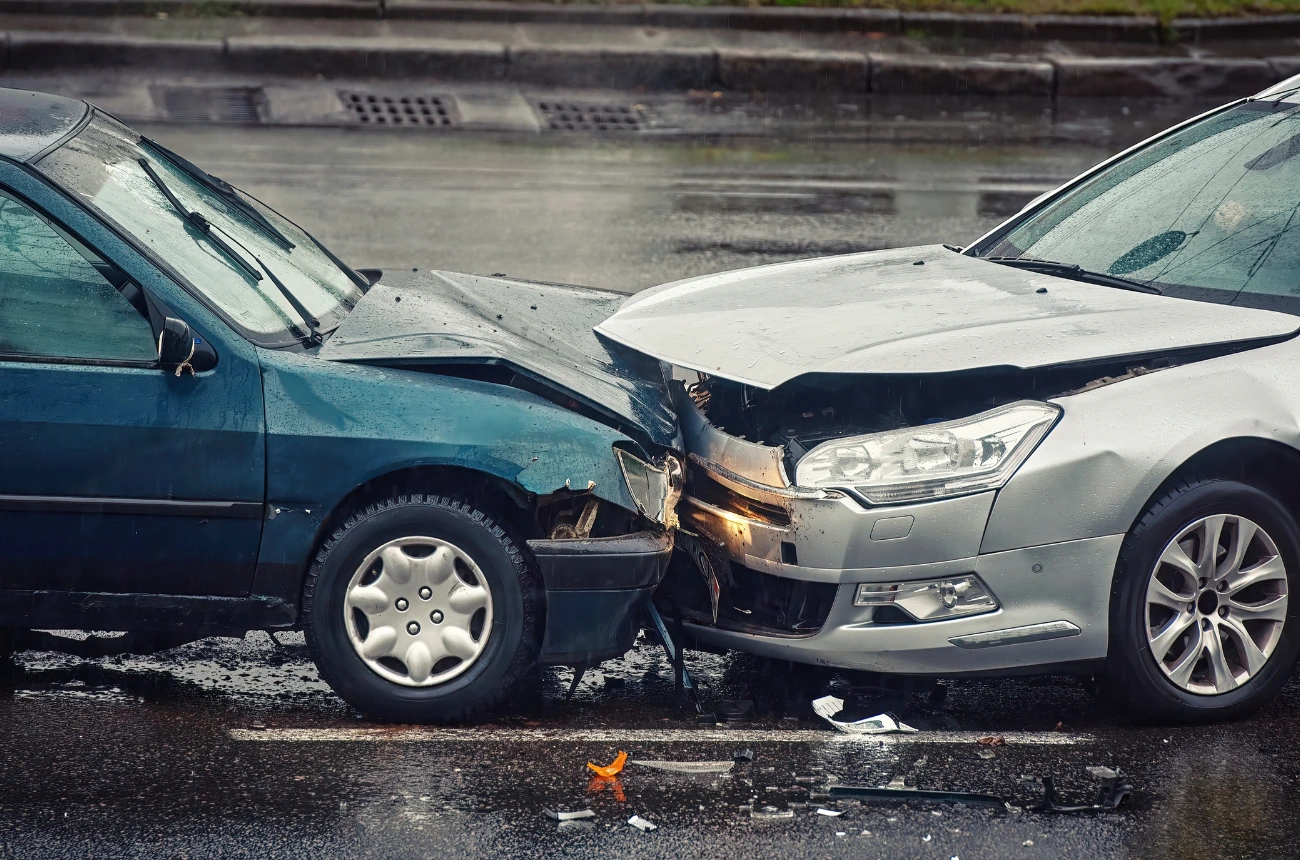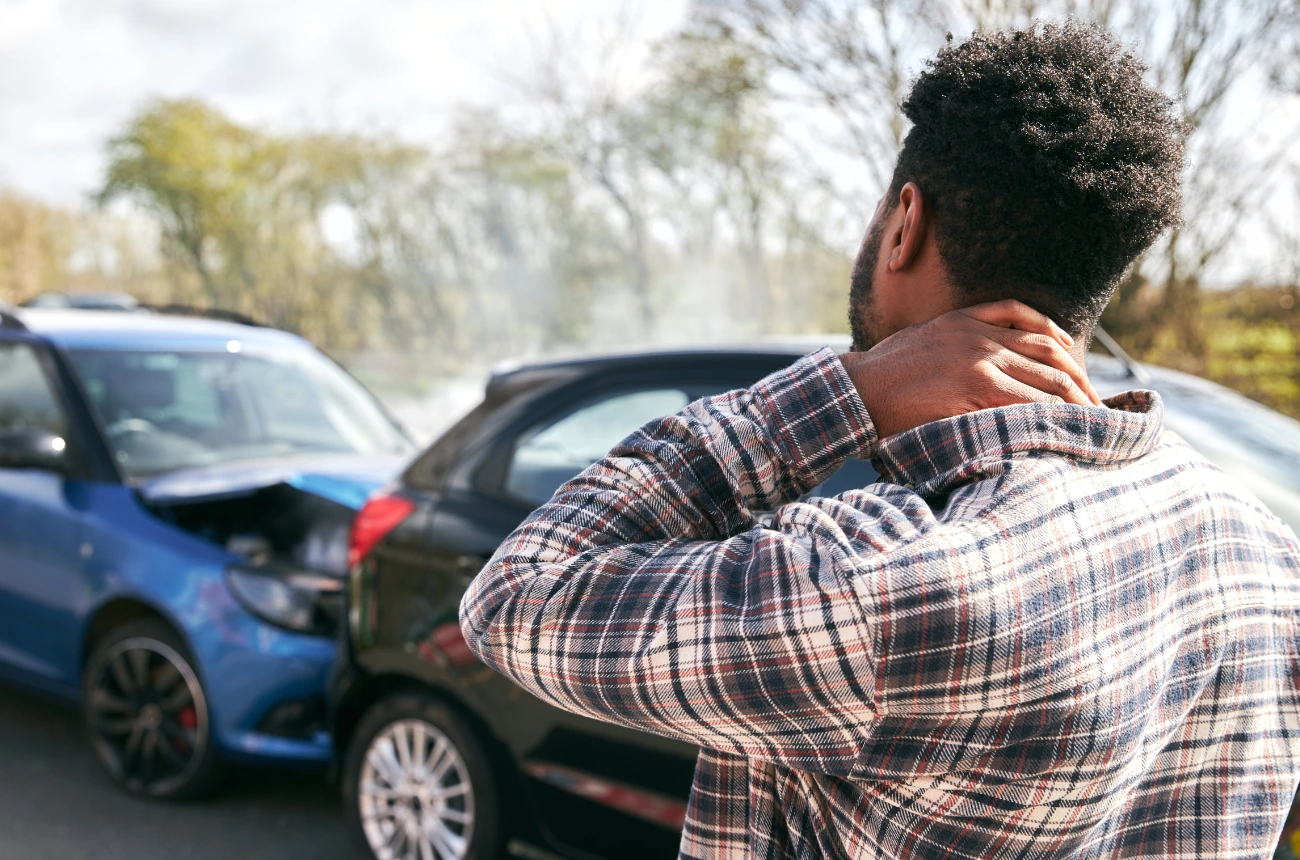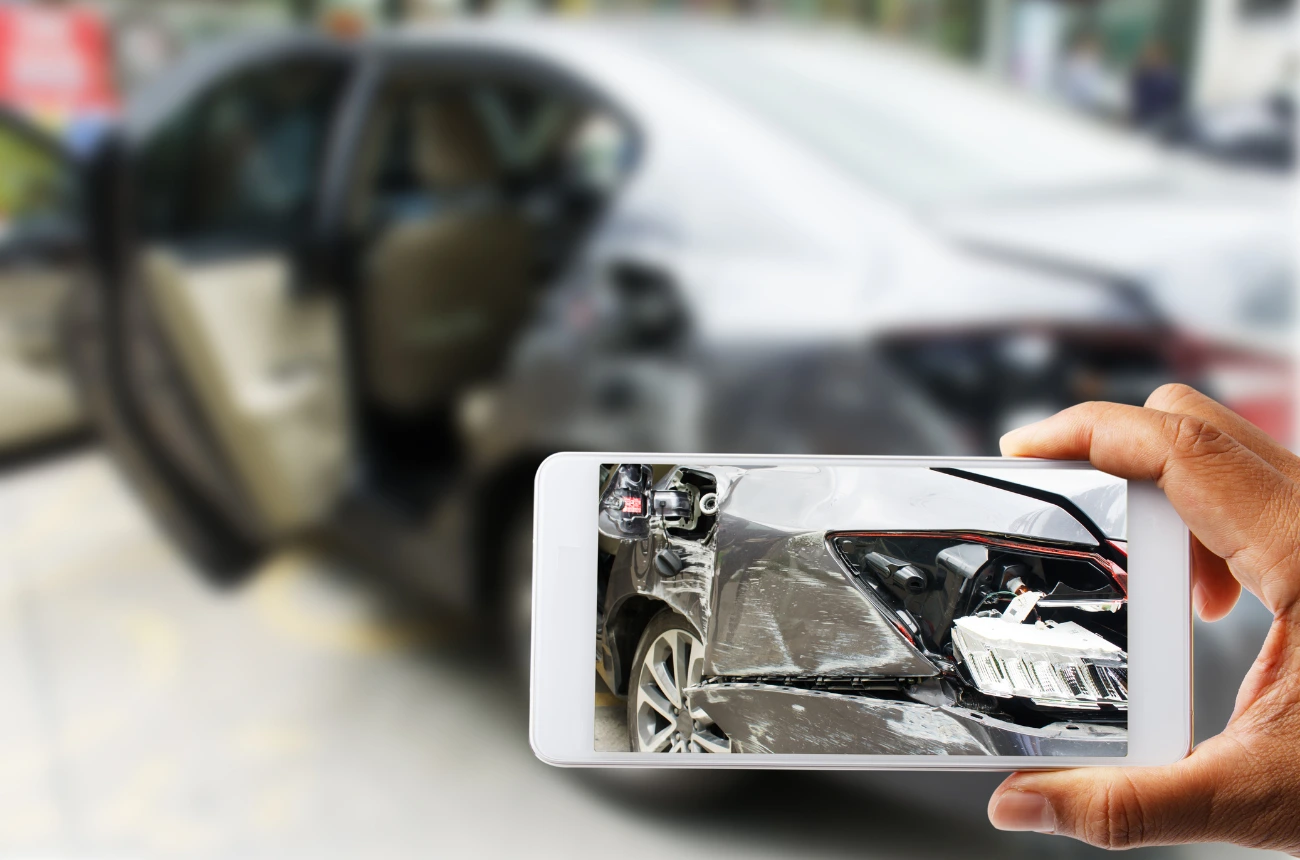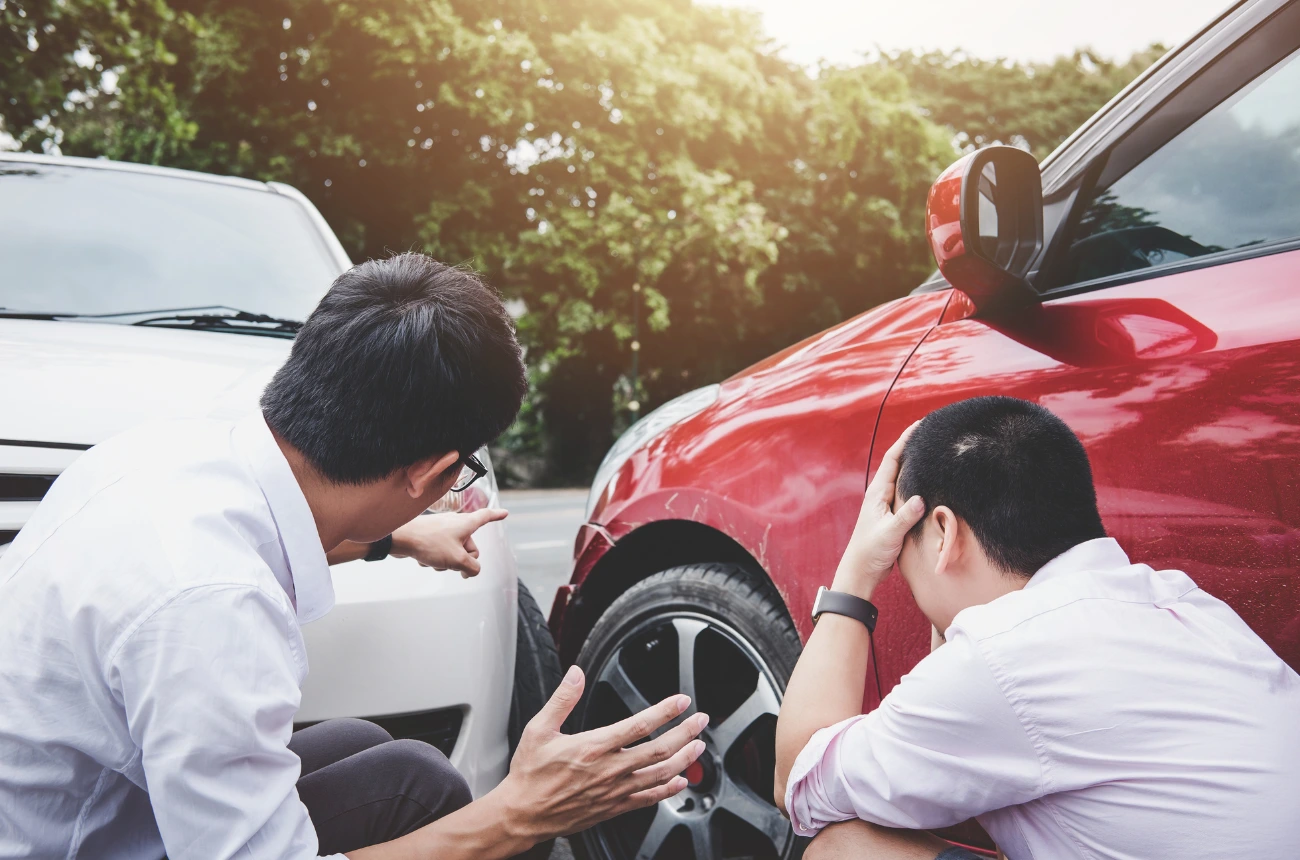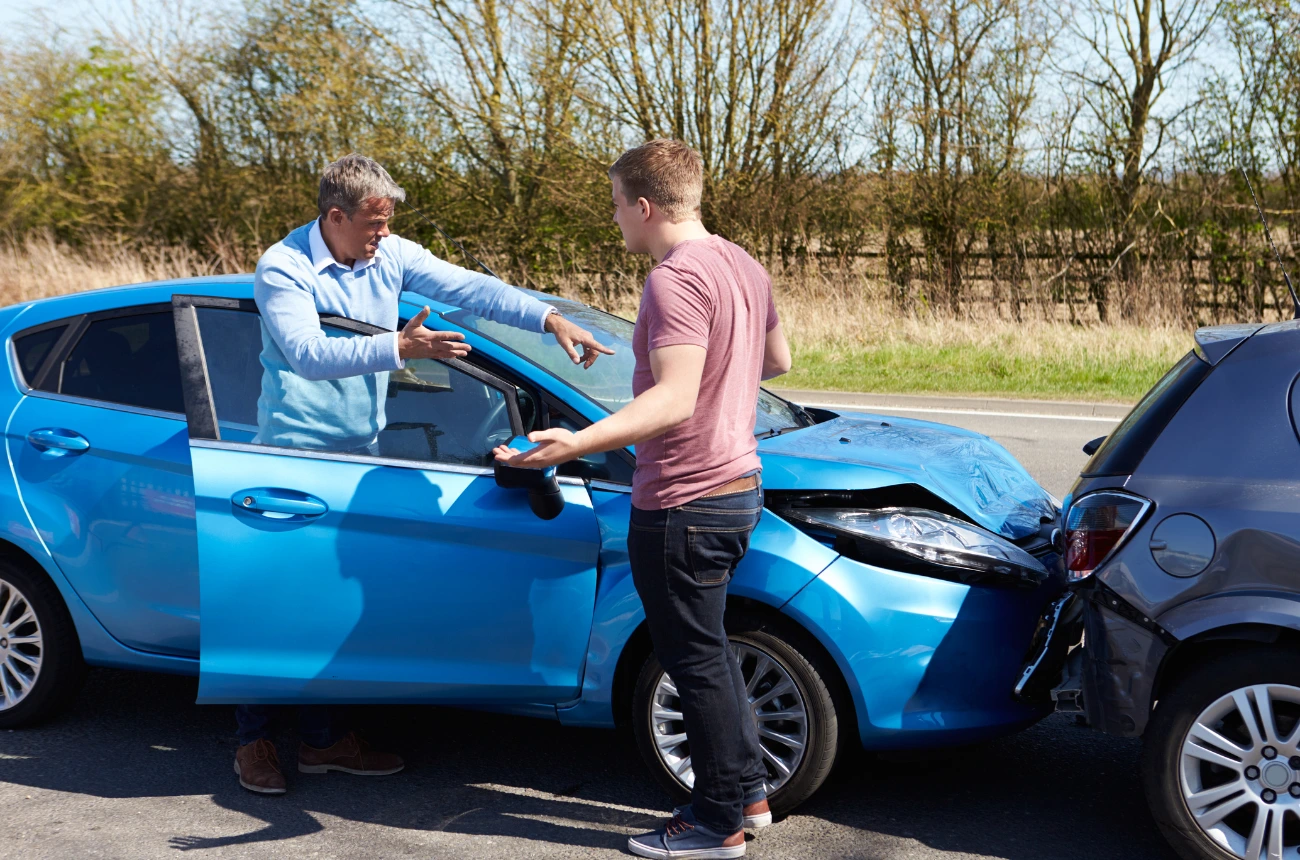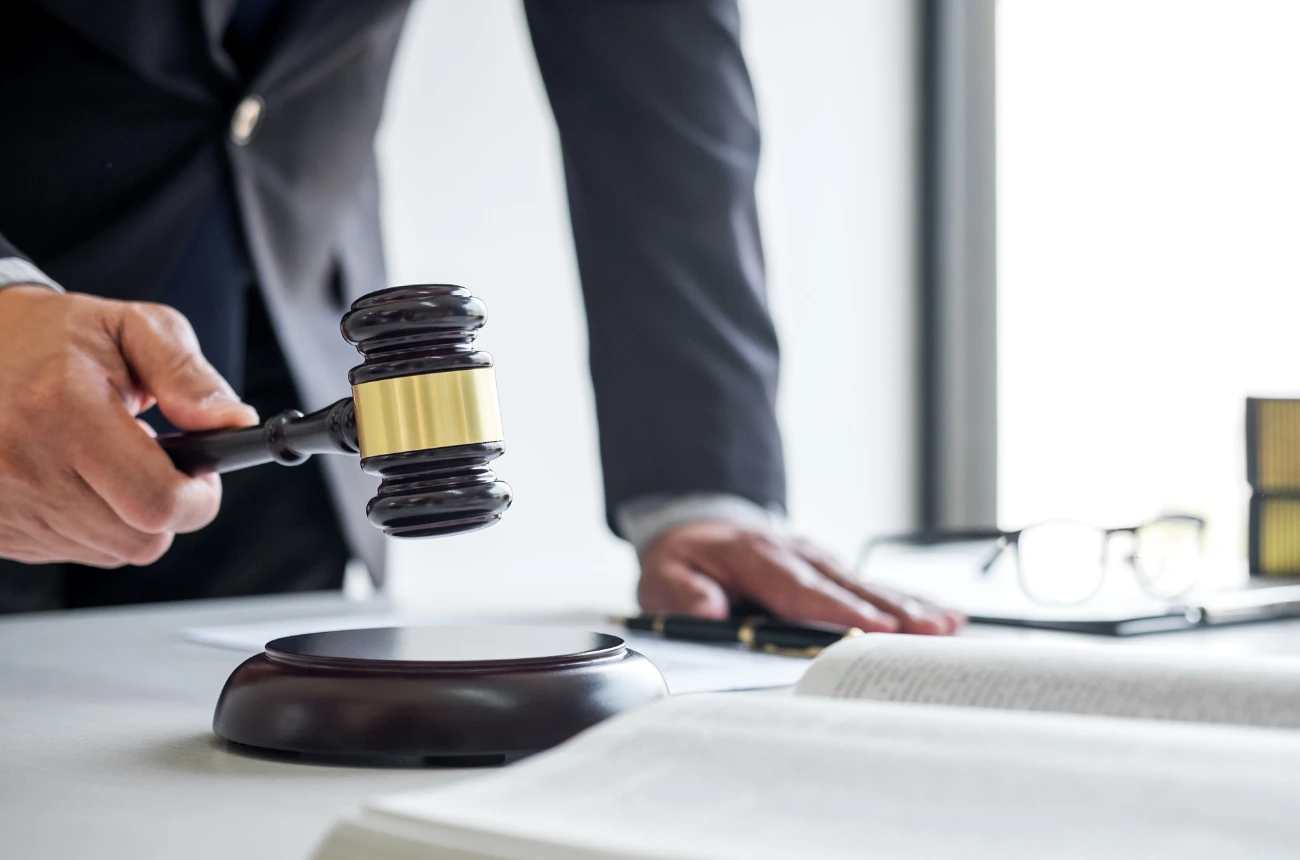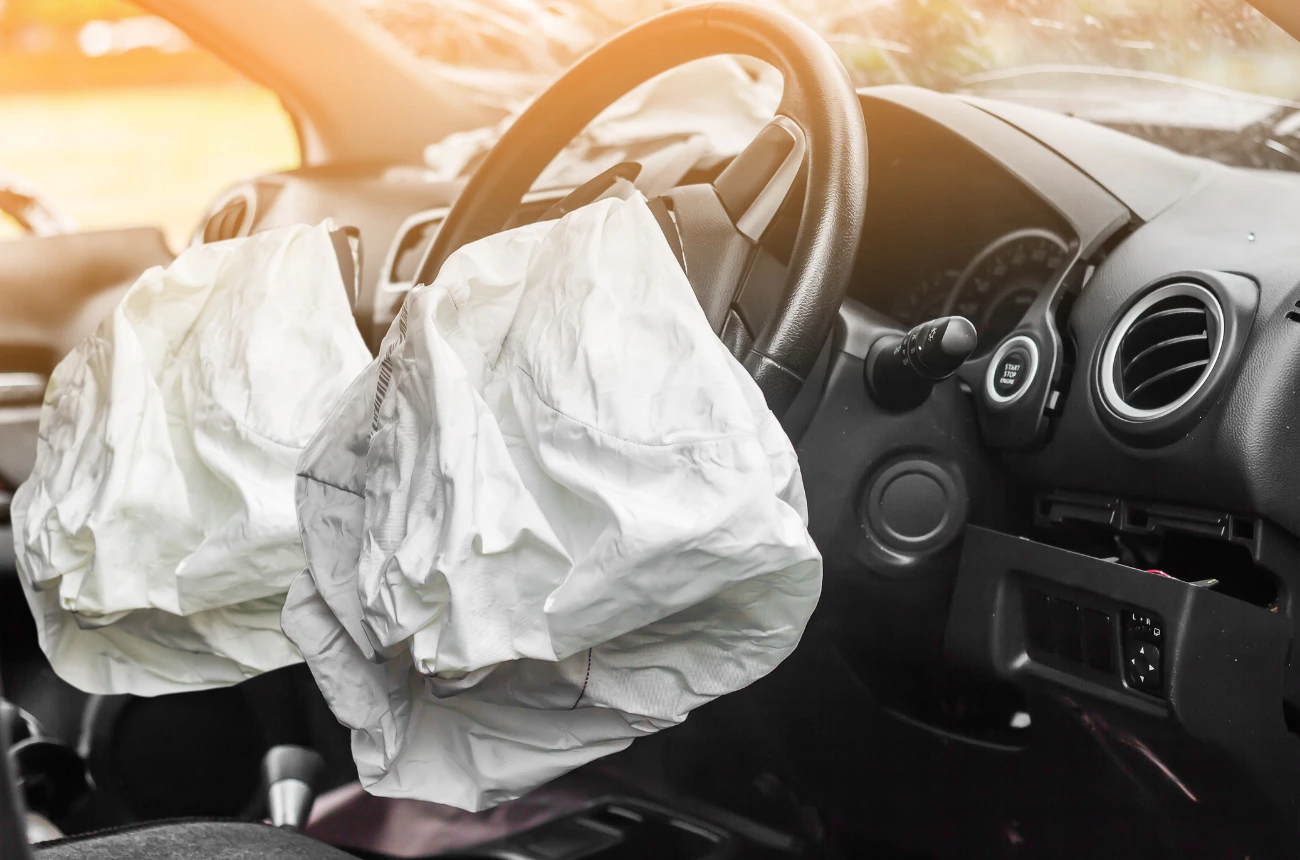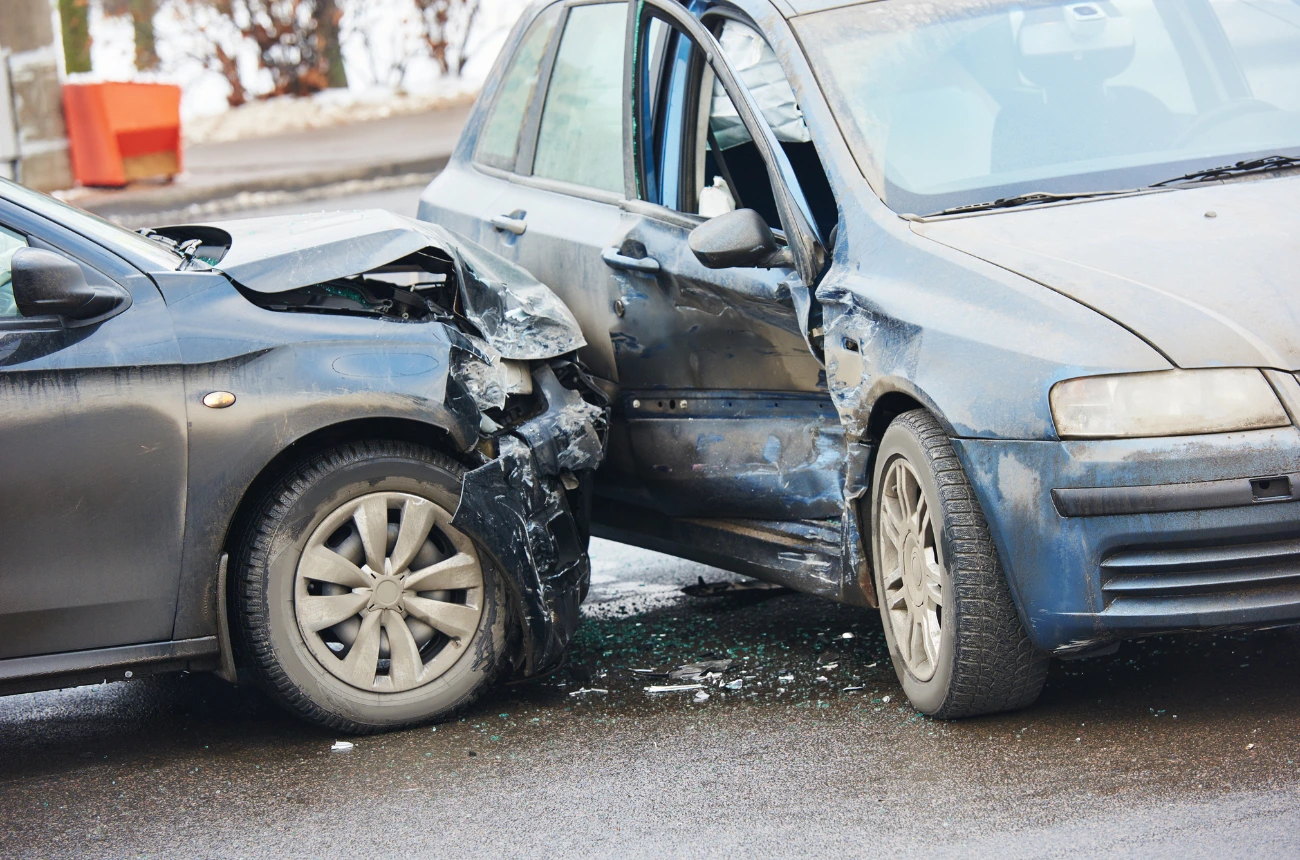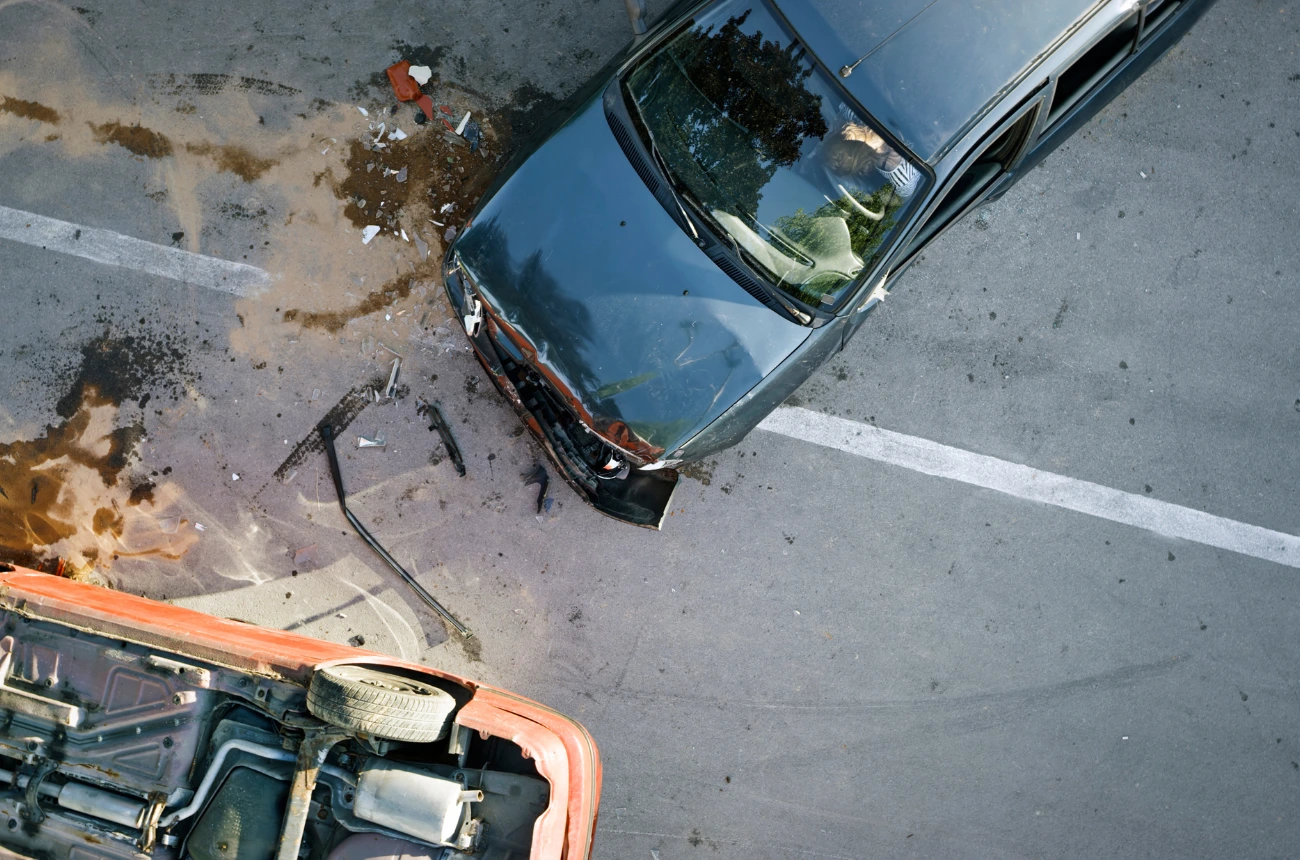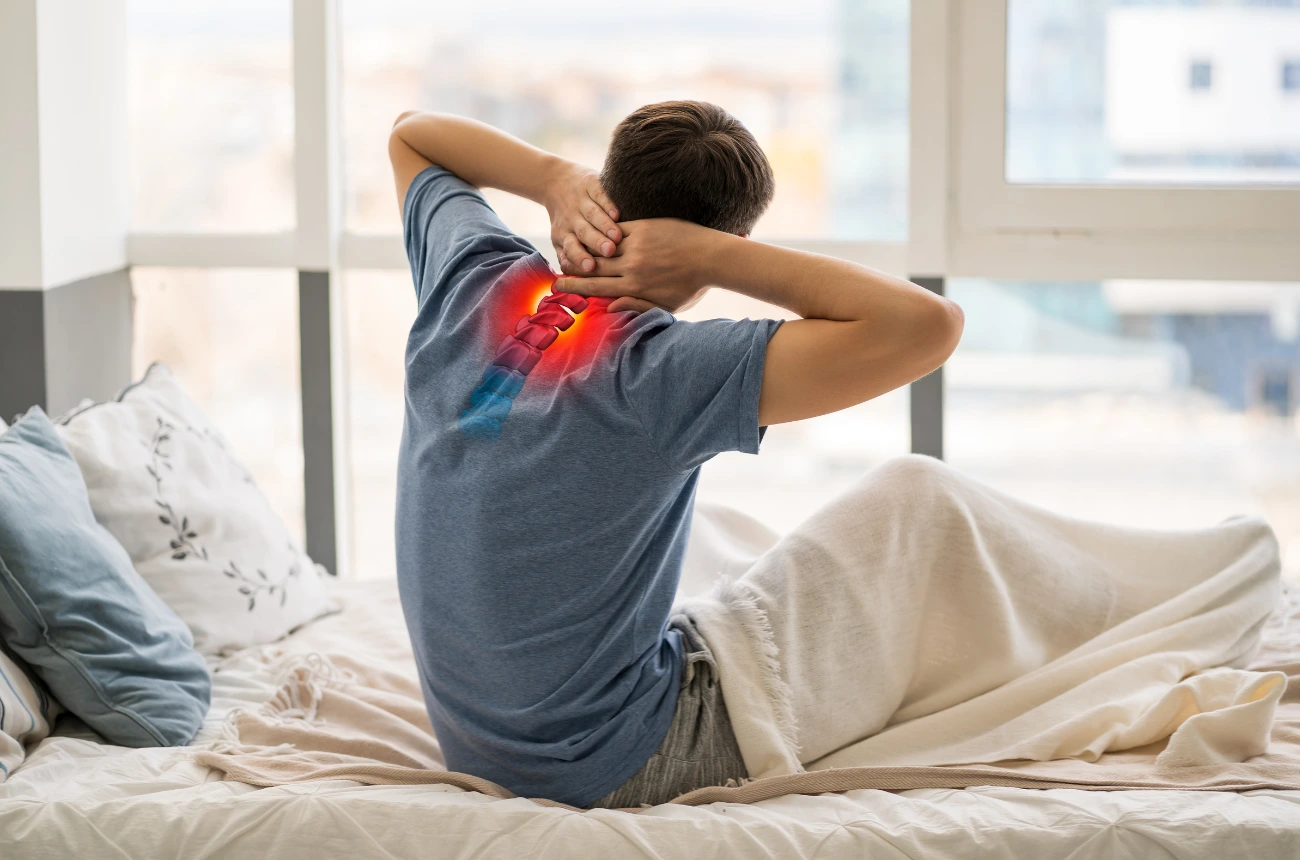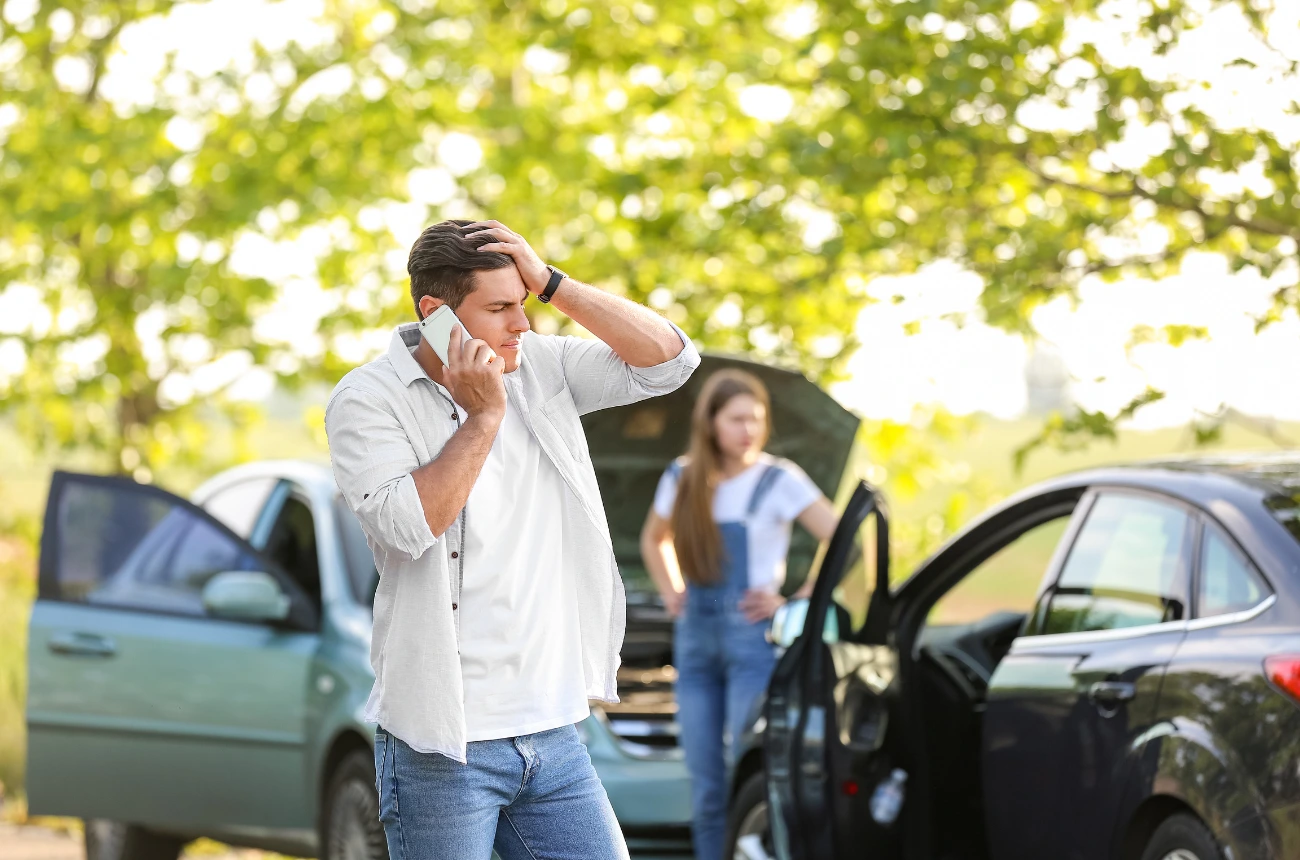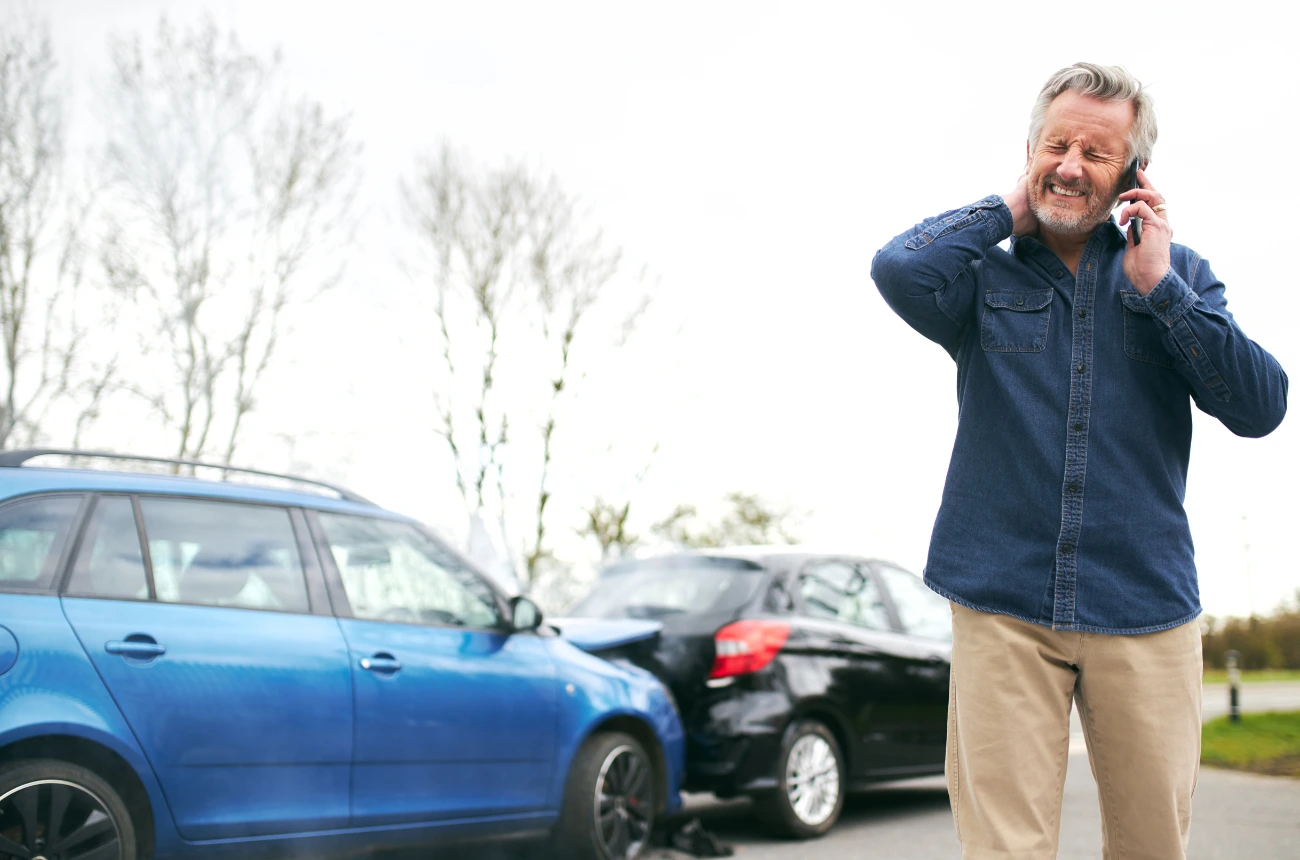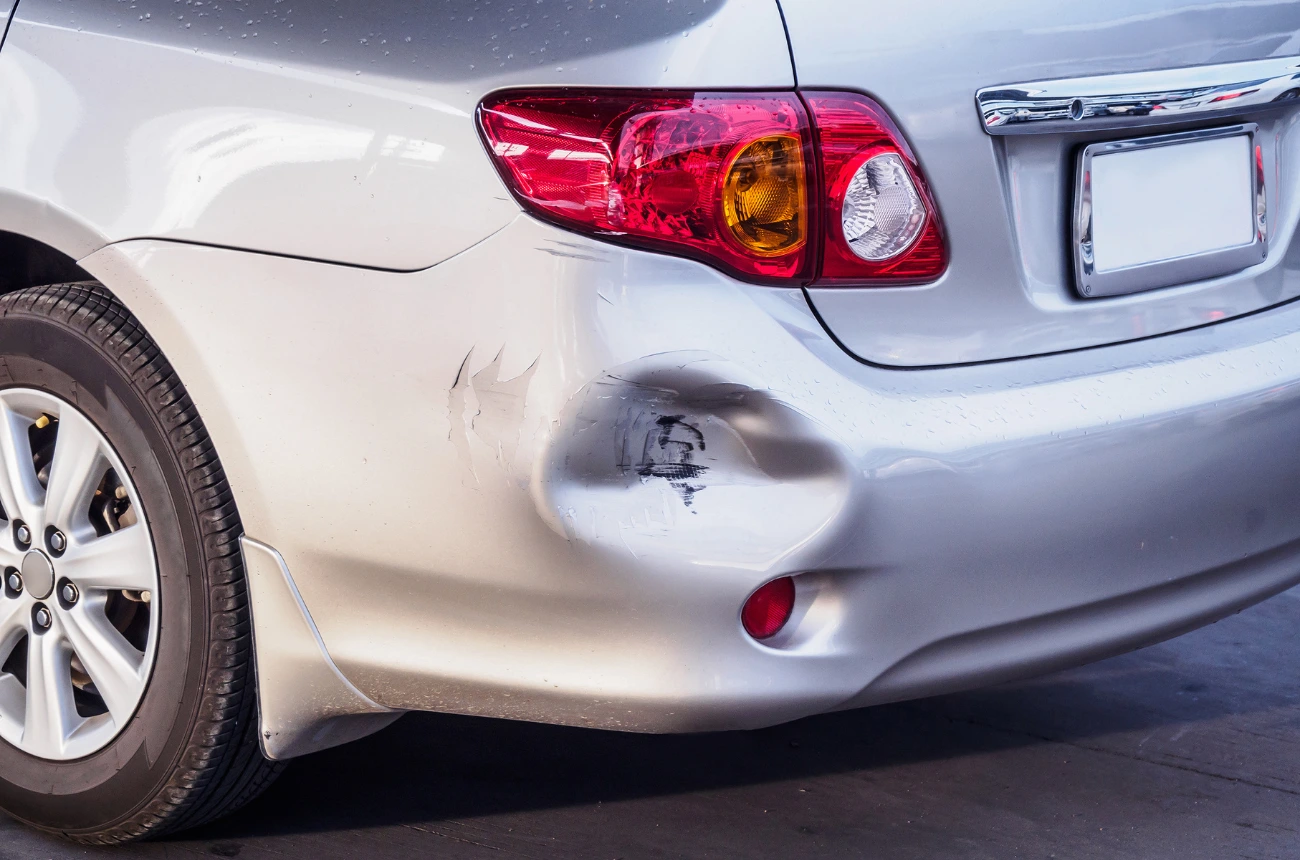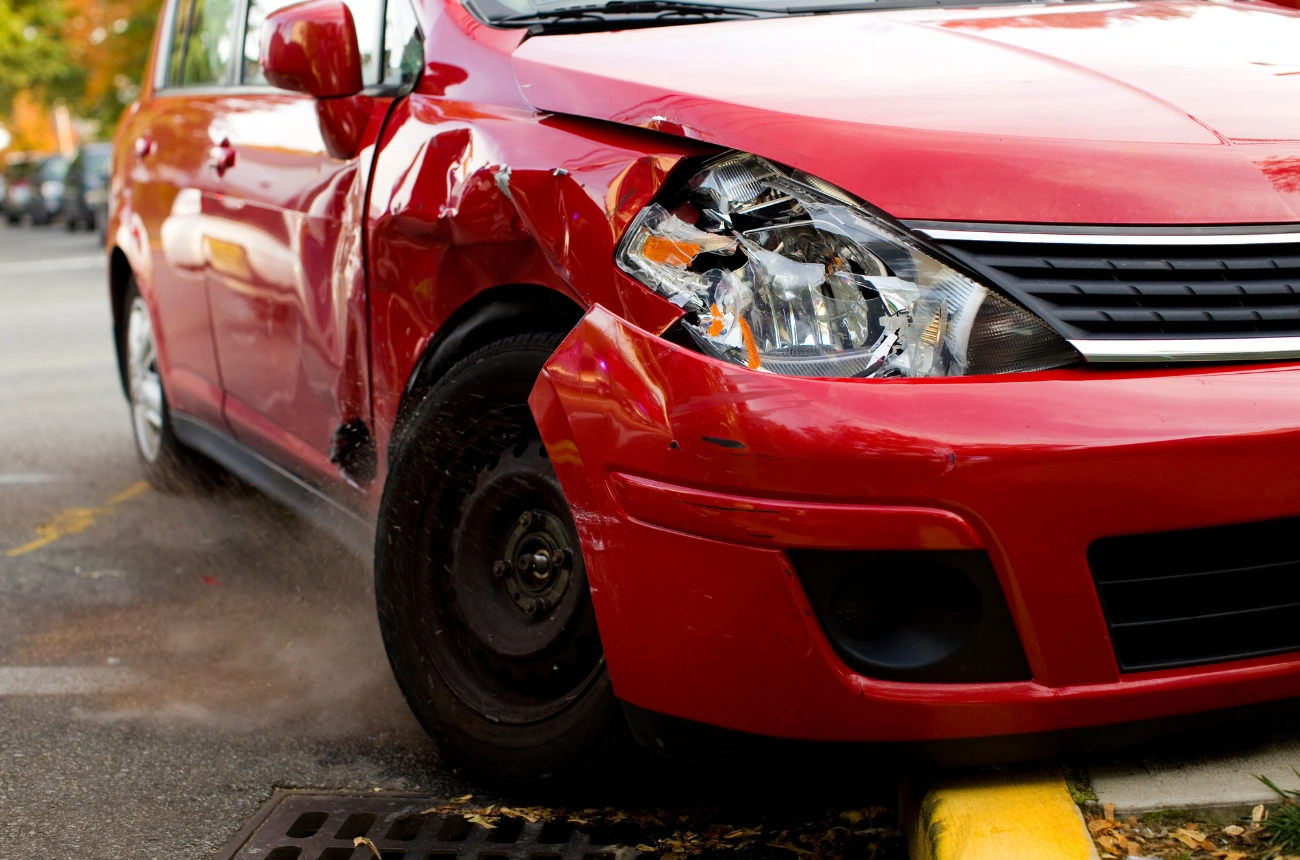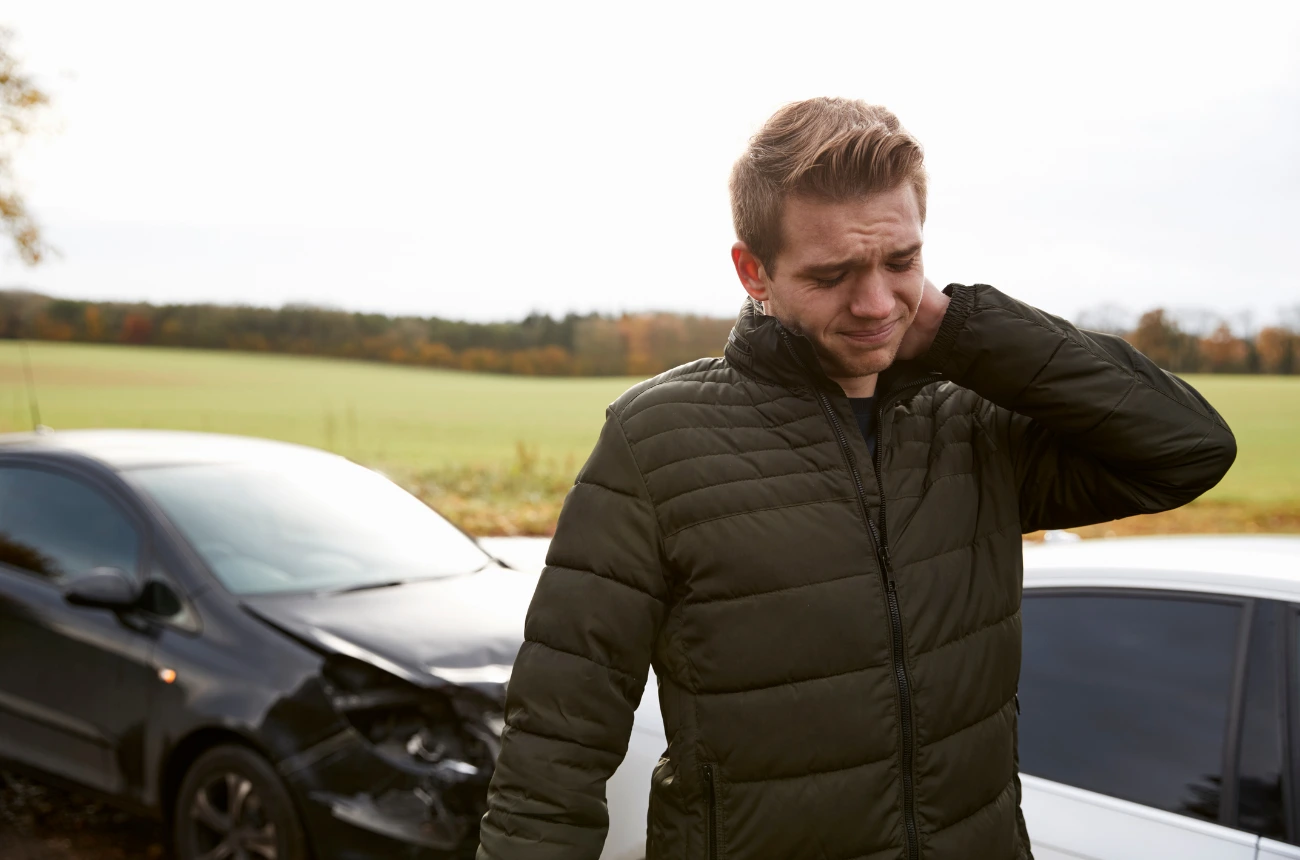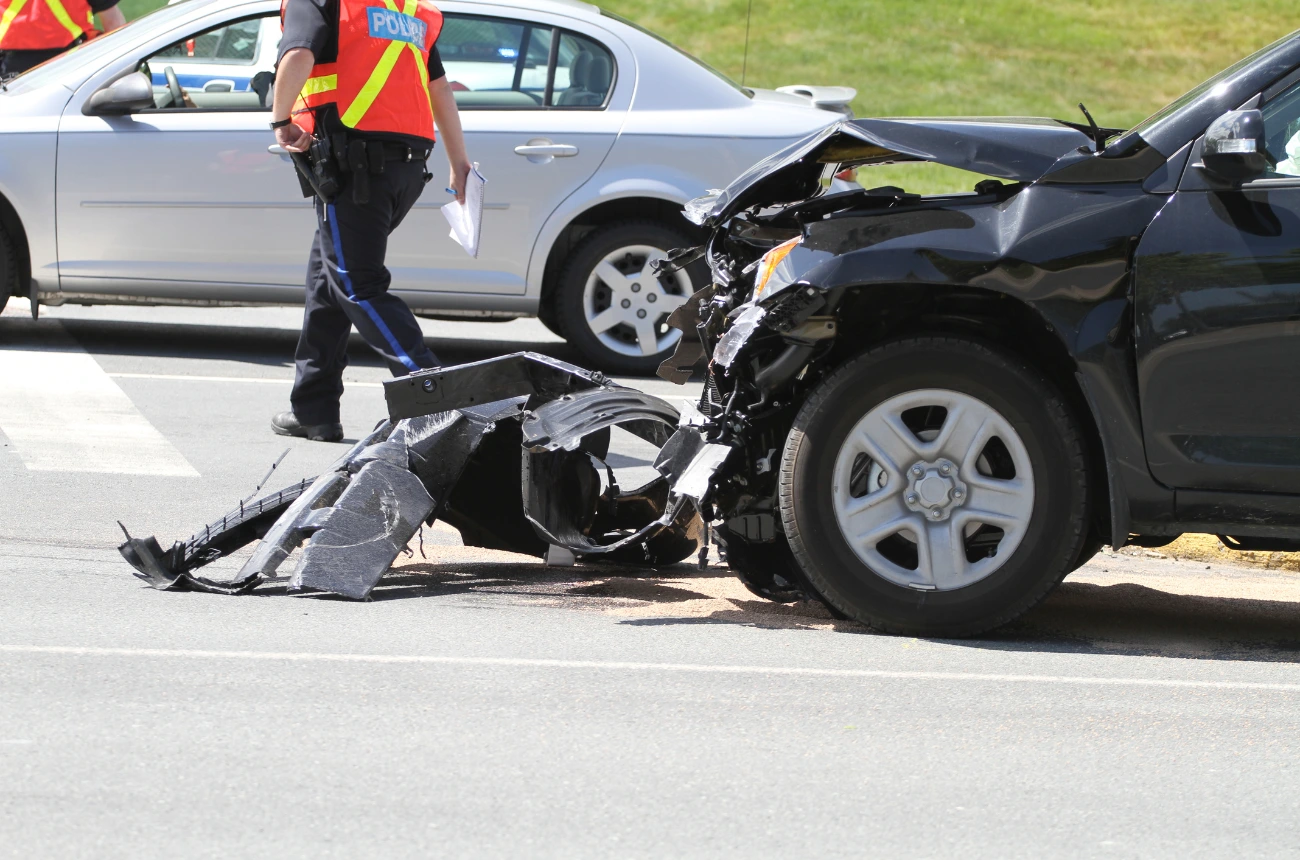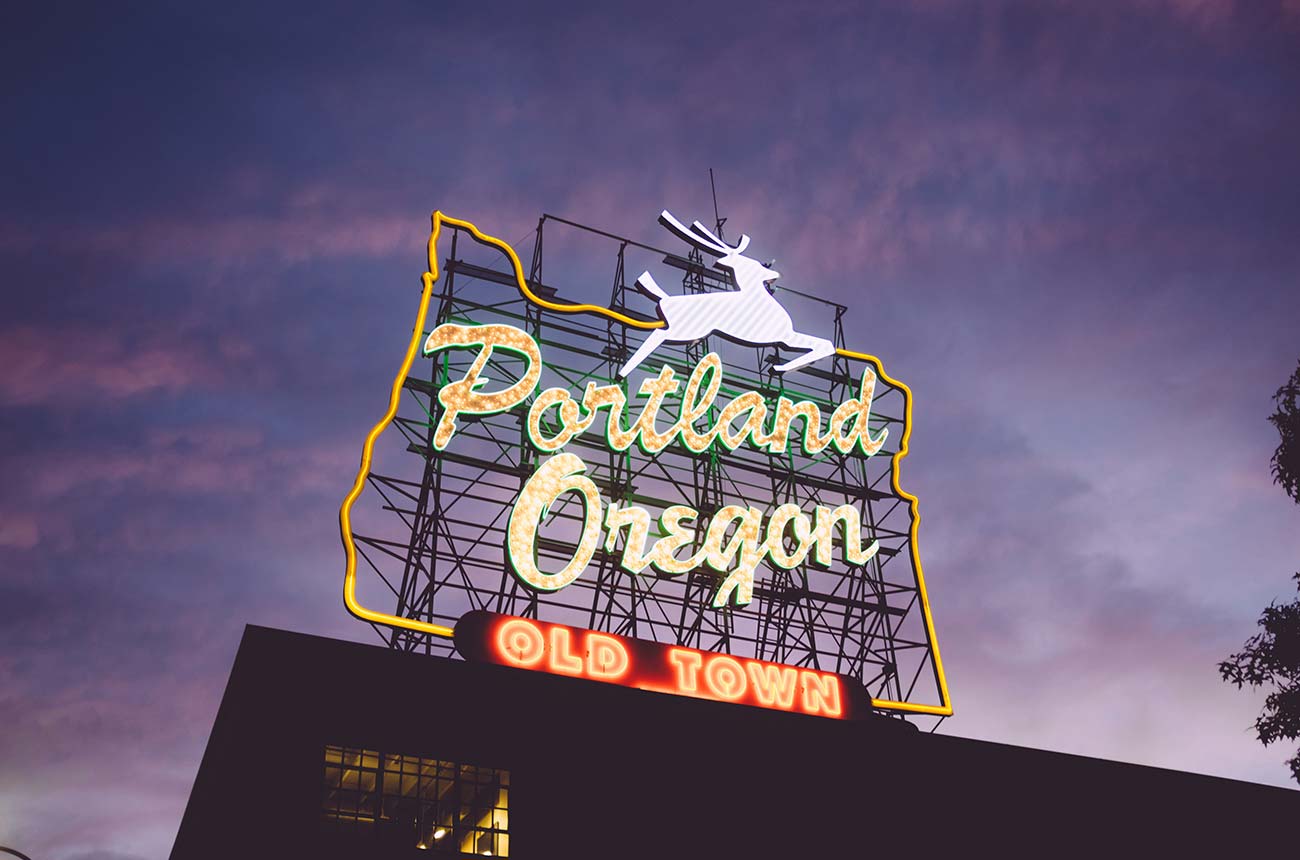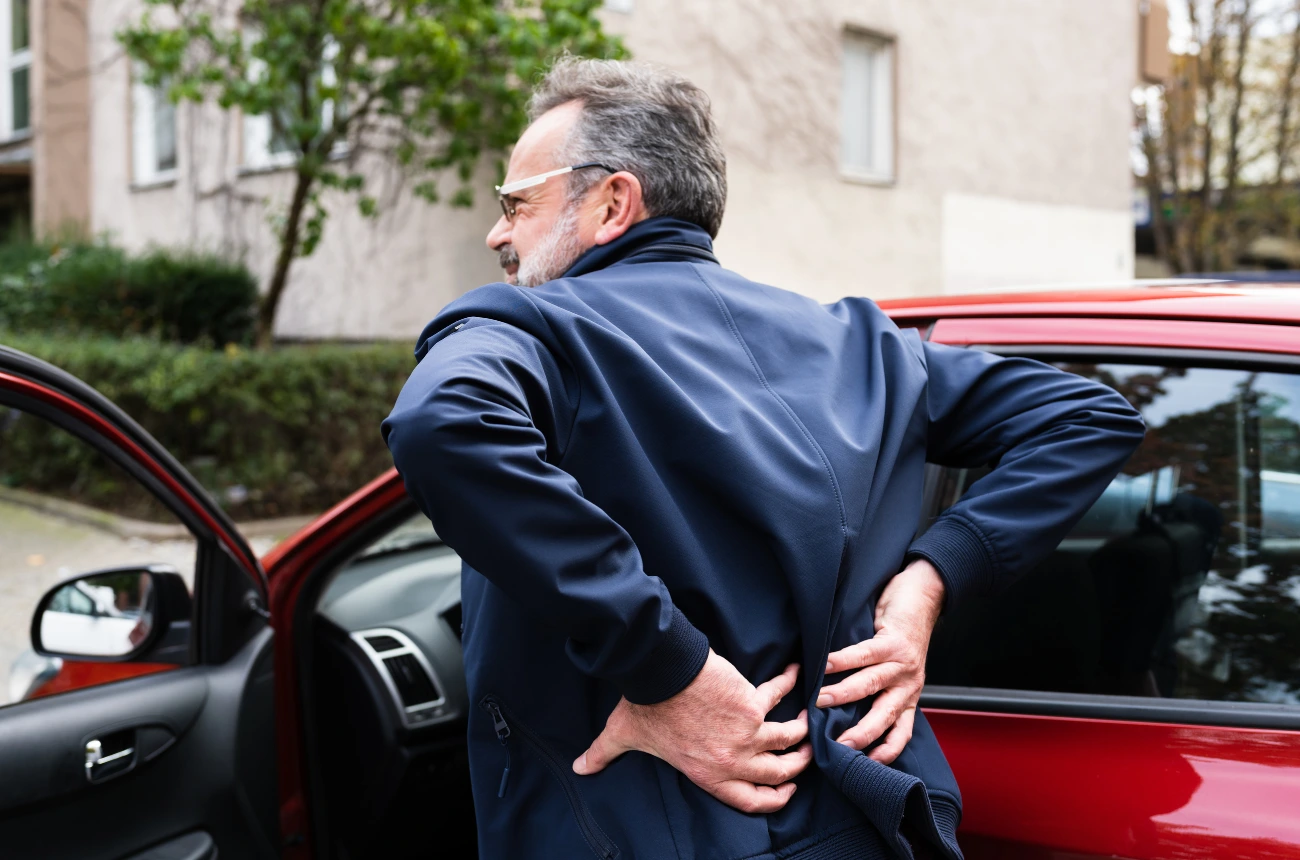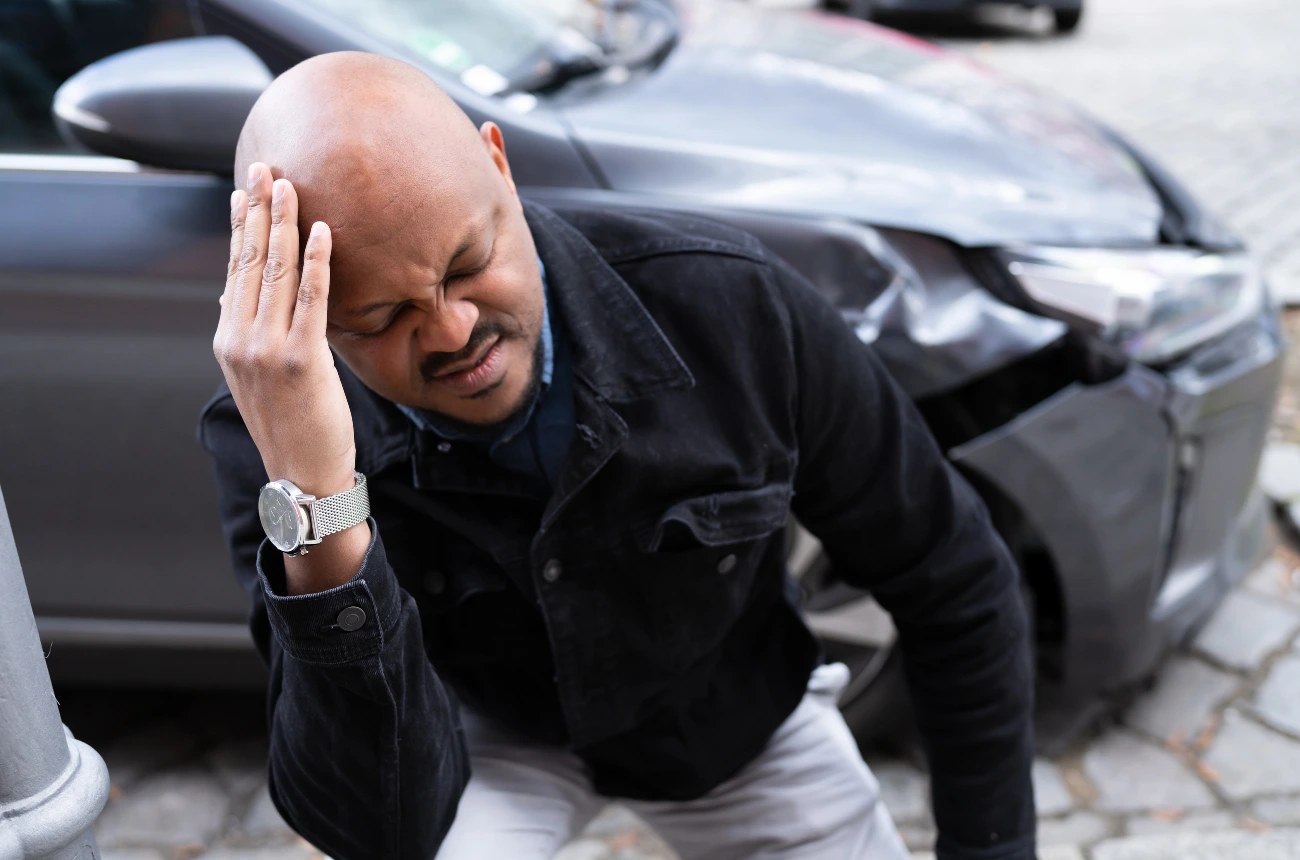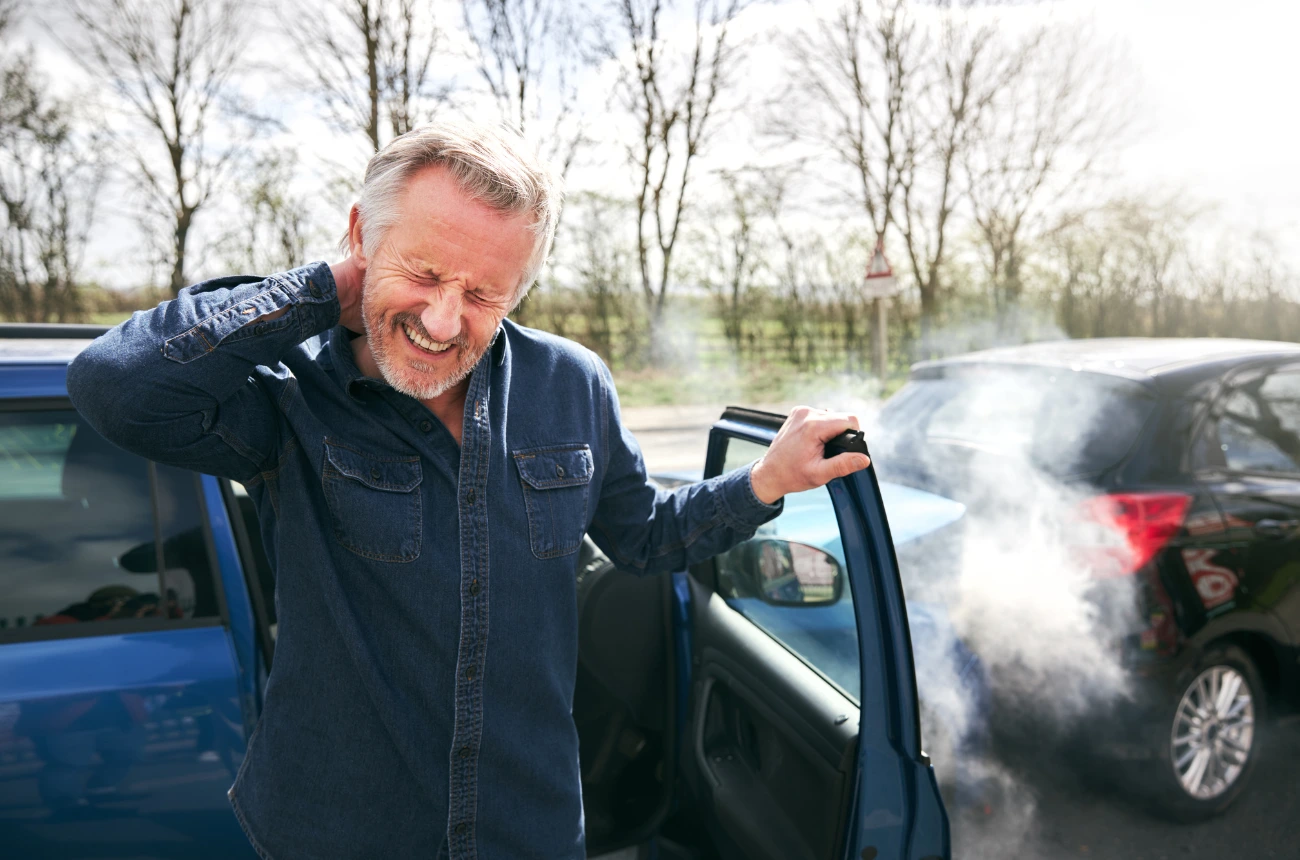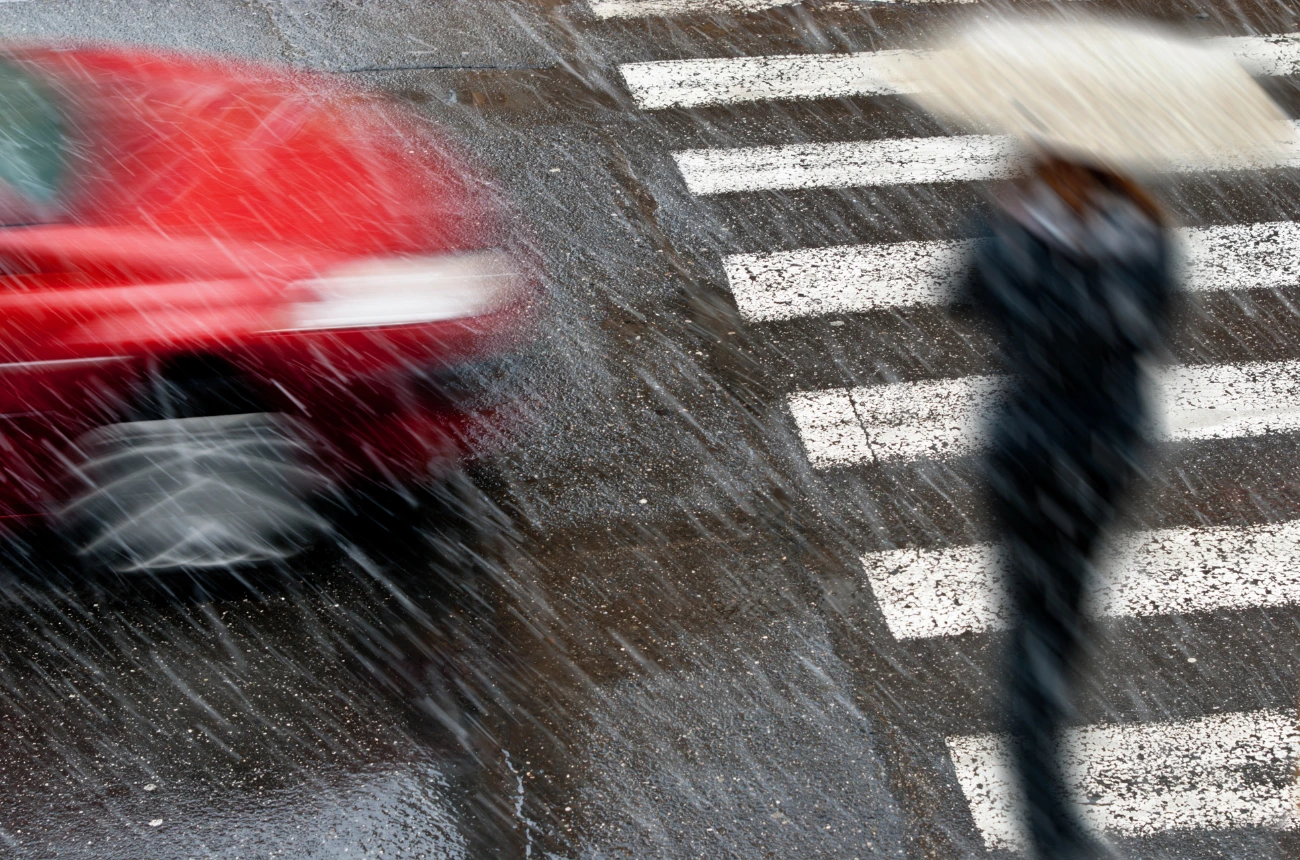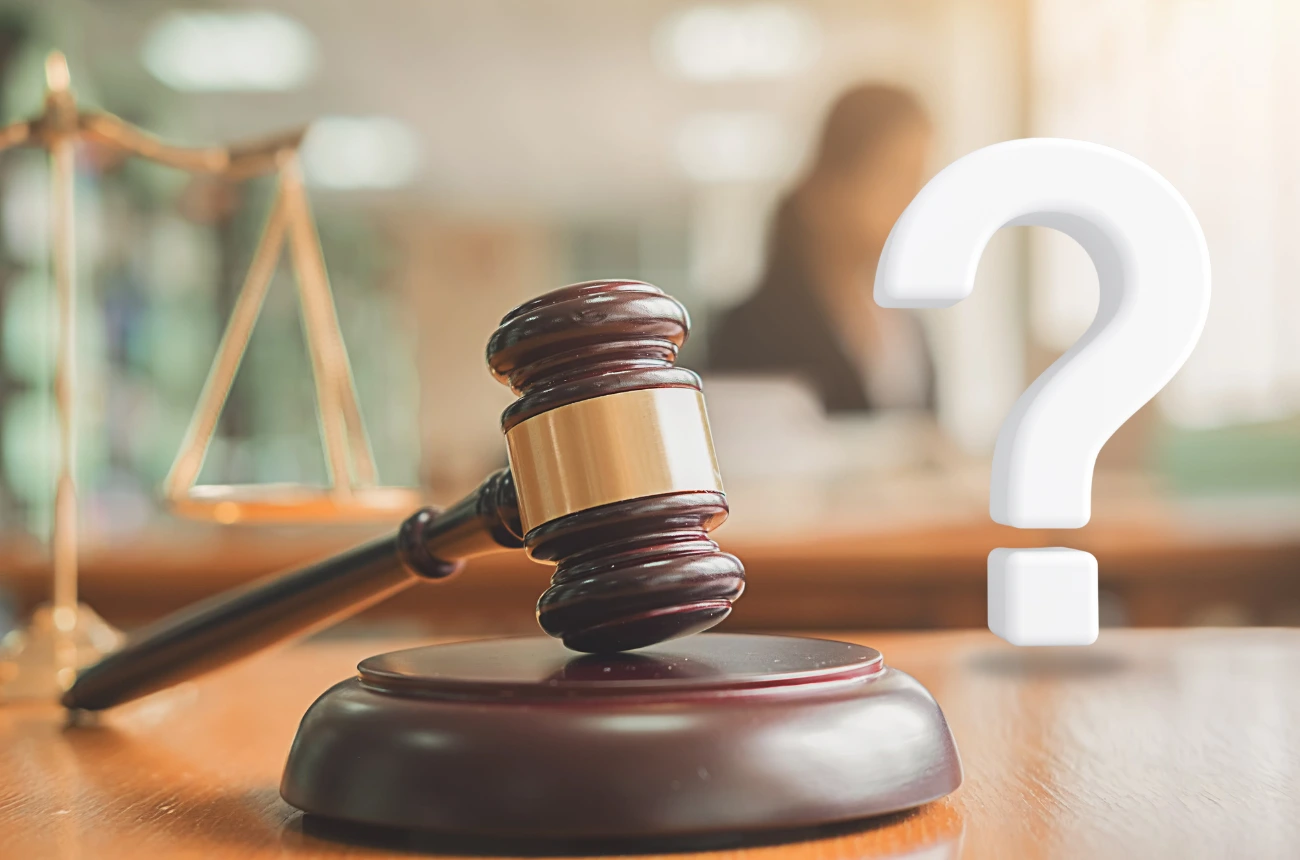If you’ve been in a truck accident in Texas, the first step towards getting compensation is determining who is responsible for the crash.
However, determining liability for commercial truck accidents can get pretty complicated.
In most cases, multiple parties can be responsible for the accident, including the truck driver, the trucking company, or the cargo loaders, just to mention a few. If you don’t identify all liable parties, you might miss out on the compensation you deserve, or worse, go after the wrong party and get nothing.
That’s why we recommend scheduling a free consultation with an experienced truck accident lawyer from No Bull Law. They can review your case details and find every party that can be charged with truck accident liability so you can get every last cent you’re owed.
Read on to learn more about all the potential suspects for the accident. We’ll also cover how lawyers prove they were at fault.
When most people think about who’s at fault for a truck accident, they immediately point the finger at the truck driver. After all, they were behind the wheel, right?
But here’s the thing: the trouble might have started long before the driver ever hits the road.
There could have been an issue with the truck, the cargo, or the company's operations. And whoever caused that problem is most likely responsible for the crash.
Depending on the circumstances, truck accident liability might extend to the following parties:
The company can be held liable if it’s proven that their careless actions or oversight contributed to the accident. Examples of trucking company negligence may include:
- Hiring drivers with FMCSA (Federal Motor Carrier Safety Administration) rule infractions or prior driving violations on their record.
- Failing to maintain driver qualification files.
- Pressuring drivers to work longer hours to meet deadlines.
- Offering poor training programs that don’t fully prepare drivers for the job.
- Skipping regular drug and alcohol testing.
- Neglecting routine inspections and maintenance of their fleet.
When the trucking company is found to be responsible for an accident, compensation for those injured typically comes from the company’s insurance. These policies tend to be much larger than what an individual driver would carry, which can make a big difference in covering medical bills, lost wages, and other economic damages.
But even if the trucking company didn’t do anything wrong themselves, they can still be held liable if their driver caused the accident. This is due to the principle of vicarious liability, which states that the company takes responsibility for any mistakes the driver makes while on the job.
Truck drivers may be held liable for commercial truck accidents if they were independent contractors.
They are responsible for the safe operation of the truck, which includes the following duties:
- Inspecting the truck before each trip to confirm it’s in operating condition.
- Following traffic laws, managing speed, safely navigating intersections, and staying alert for potential hazards.
- Complying with federal regulations, such as limiting their driving hours and taking required breaks.
However, even experienced drivers can be negligent and cause accidents by:
- Driving over the speed limit.
- Driving while fatigued.
- Using illegal substances to stay awake or drinking alcohol while driving.
- Multitasking behind the wheel (e.g., texting, eating, using in-cab technology).
- Etc.
If the driver is a contractor, their personal insurance will typically cover your damages.
The people responsible for loading and securing cargo (truck loader, freight broker, logistics company, etc.) play a big part in keeping large trucks safe and stable on the road.
However, if they cut corners or don’t follow the proper guidelines, they can put everyone at risk. Here’s how:
- Incorrectly loaded cargo can strain the truck, leading to brake or transmission failure, tire blowouts, or even loss of control.
- If a load isn’t properly secured, it can shift or come loose, which could easily cause a semi-truck accident.
- When cargo is unevenly balanced, it makes it harder to steer, raising the chance of a rollover accident.
If it is proven that the truck crash occurred due to cargo-related issues, the party responsible for loading it could be liable for the accident.
4. Maintenance Provider
The maintenance company’s job is to ensure the commercial trucks it manages are in good shape and running safely.
If the accident was caused by a mechanical issue (brake failure, steering wheel malfunction, etc.), the maintenance provider could be held responsible for cutting corners or making faulty repairs.
For instance, if the trucking company brought in a maintenance crew to fix the brakes, but the brake pads still gave out and caused a crash later, that crew could be liable for the accident.
5. Truck Manufacturers
Manufacturers take responsibility for ensuring the components they produce are safe and free of defects.
However, if parts like the brakes, steering, or tires suddenly fail and cause an accident, the blame might not fall on the trucking company. Instead, the manufacturer could be held responsible for the damage.
To charge them with product liability, an experienced truck accident lawyer must first rule out the possibility that the product failed due to maintenance issues. Then, they have to demonstrate that the faulty part had a design or manufacturing flaw from the beginning.
Additionally, the manufacturer can also be found guilty if it fails to warn the trucking company about the potential risks associated with its large trucks.
6. Other Parties
Trucking companies might outsource some operations to third-party vendors, such as recruiting drivers, conducting background checks, logistics and dispatch of commercial trucks, etc.
If the vendor’s negligence contributes to a trucking accident, they and the company that hired them can be held liable for the accident.
Besides vendors, retailers can also be responsible for the accident. If they sold a part that they should have known was defective based on its condition when it was sold, the retailer may have to compensate the injured parties.
As you might have guessed, more than one party can be held responsible for a truck crash. When an investigation reveals that several parties share the blame, the trucking accident victims can pursue multiple claims to maximize compensation.
So, what does the investigation process look like?
Let’s find out.
Truck accident attorneys play the role of investigators and do the bulk of the work to identify the culprits responsible for the accident. Just like a private eye, they follow a systematic approach, which can include the following key steps:
1. Gathering Evidence
First, lawyers look for all documents related to the truck crash, such as:
- Accident reports: These include key details like toxicology test results, broken traffic laws, and the police officer’s take on who was at fault.
- Photos and videos: Footage from traffic cameras or dash cams can capture exactly how the crash unfolded and show the extent of the damage.
- Witness statements: Firsthand accounts can offer important insights, shedding light on the driver’s behavior or the truck’s condition before or after the crash.
- Maintenance records: A truck’s inspection, maintenance, and repair history can reveal whether any mechanical issues were overlooked or if there were unresolved recalls.
- Cargo loading manifests: These help confirm whether the cargo was properly secured, stayed within weight limits, or contained any hazardous materials.
- Black box data: Data logged in the truck’s system may reveal details like speed, brake usage, and other information indicating the driver’s actions before the semi-truck accident.
2. Doing Background Checks
After rounding up all the clues, the truck accident lawyer takes a deep dive into the driver’s and company’s history to look for patterns of neglectful behavior. This includes looking at documents such as:
- Employer records: Reveals past infractions, previous hours of service violations, prior accidents, alcohol and drug screenings, etc.
- Driving logs: Potentially indicates signs of overwork or failure to comply with previous inspections.
- Company records: Exposes trucking company negligence in screening, hiring, or training operations.
3. Working With Experts
Attorneys often hire professionals to extract key information that they wouldn’t be able to obtain otherwise.
For instance, they can work with accident reconstruction experts who can analyze the damage, vehicle size and speed, skid marks, debris, road conditions, and other factors to identify the sequence of events leading up to the 18-wheeler accident. This way, they can narrow down which parties are at fault.
When it comes to product liability cases, they could bring in engineering experts to identify defects in vehicle parts and compare them to industry standards.
4. Reviewing Laws & Regulations
After collecting all the valuable data, an experienced truck accident attorney carefully reviews federal and Texas laws and regulations overseeing the trucking industry. This allows them to identify whether the trucking company adhered to hours of service rules, driver qualifications, cargo loading practices, and maintenance requirements.
If there’s a violation by any party, it increases their liability for the accident. For example, if a truck driver goes over the federally allowed driving hours and causes a crash due to fatigue, the driver and the trucking company (due to vicarious liability) could be held at fault.
5. Establishing Negligence
After scrutinizing the collected evidence and relevant laws, the truck accident attorney determines which parties were negligent.
They examine whether the driver, trucking company, maintenance provider, or any other involved party failed to meet their legal duty of care, i.e., the basic responsibility to ensure safety. If any of these parties acted carelessly, and that behavior led to the accident and caused any harm, they can be held accountable.
An experienced truck accident attorney does more than just detective work. Let’s find out how they can assist you with your truck accident case.
When recovering from a commercial truck accident, the last thing you need is the added stress of a legal battle. An experienced personal injury attorney from No Bull Law can lighten the load and handle these responsibilities for trucking accident victims:
- Clarifying your legal options: Explaining your rights, the laws that apply to your truck accident case, and the paths to financial compensation.
- Collecting critical evidence: Preserving accident scene data and working with experts to identify fault.
- Conducting an independent investigation: Uncovering crucial details and confirming who should be held accountable.
- Documenting your injuries and expenses: Calculating current and future economic damages (like medical bills or lost wages), and assessing non-economic damages such as pain, suffering, or reduced quality of life to ensure a fair settlement offer.
- Handling the legal paperwork: Filing a truck accident claim and negotiating with insurance adjusters or company representatives.
- Reviewing insurance coverage: Identifying how much compensation can be pursued from the truck driver’s, trucking company’s, or other responsible party’s insurance policies.
- Taking your case to court: Pursuing financial relief through a settlement or, if necessary, by filing a truck accident lawsuit.
If you’re wondering whether getting legal representation is worth it, consider this:
According to the Insurance Research Council, you could get 3 - 3.5x more on average in the settlement if an experienced Texas truck accident lawyer handles your case.
Ready to charge ahead towards justice?
Schedule a free consultation and take the first step towards securing compensation after your accident.
Here are a few more things you should know about trucking accidents:
1. What is Comparative Negligence in a Trucking Accident?
In Texas, liability can be shared due to the state’s modified comparative fault rule. This means that lawyers and insurers examine each party’s role in the accident and assign a percentage of fault.
As long as you’re less than 51% responsible, you can still recover damages as per the comparative negligence rule, but your payout will be reduced by your percentage of fault. If you’re found to be 51% or more at fault, you won’t be able to collect any damages from other parties. This rule applies to everyone involved, whether you’re the truck accident victim or the truck driver.
2. How Much Compensation Can You Get for an 18-Wheeler Accident?
In Texas, compensation for a commercial truck accident can vary widely. Less serious truck accident cases involving minor injuries such as whiplash or bruises may result in modest settlements.
On the other hand, extremely severe cases— especially if the truck accident victim later succumbs to their injuries and was a high earner— can lead to significantly larger amounts, even into the millions.

